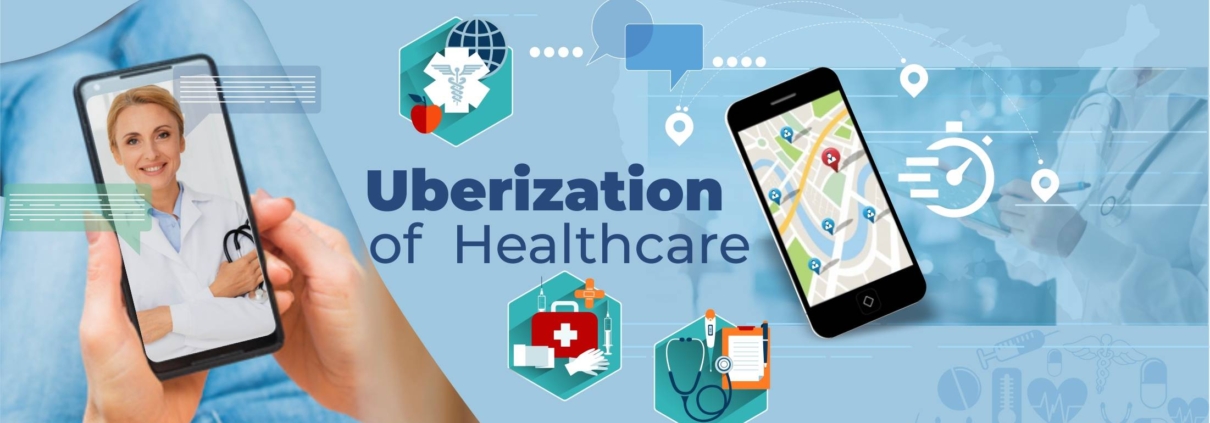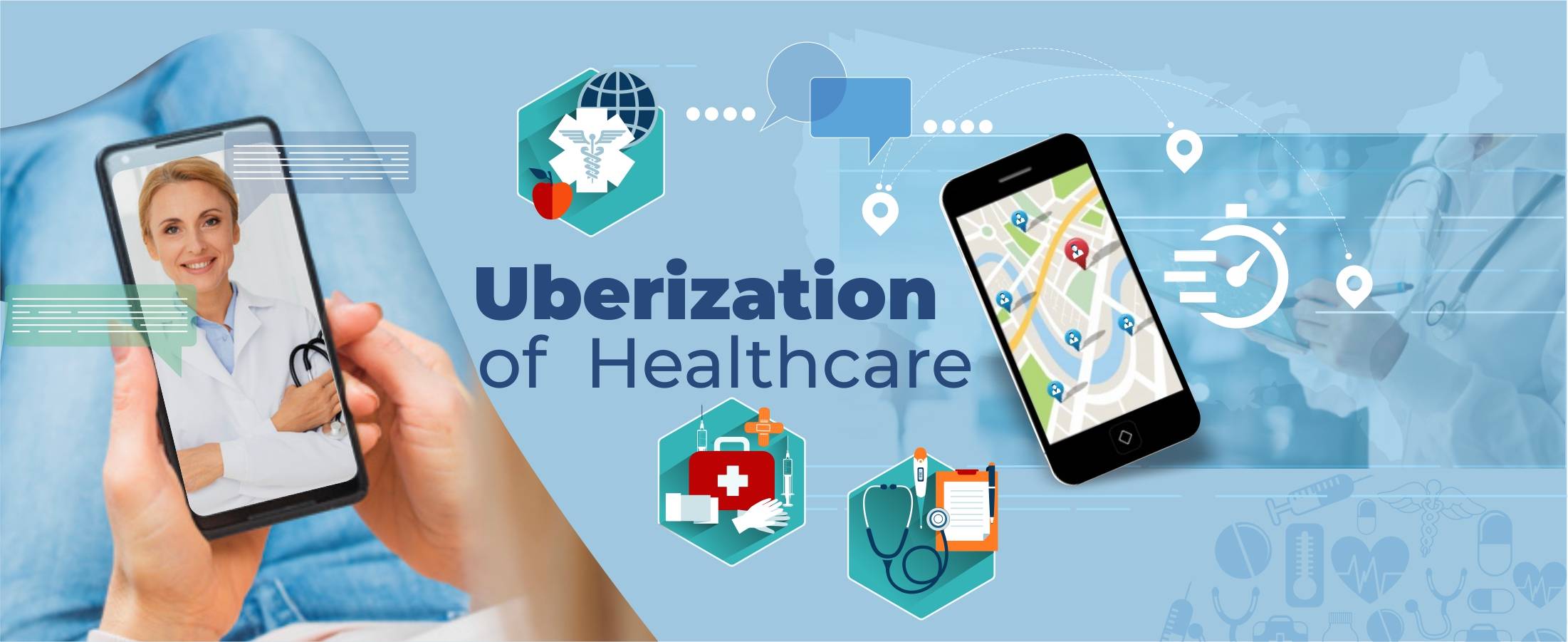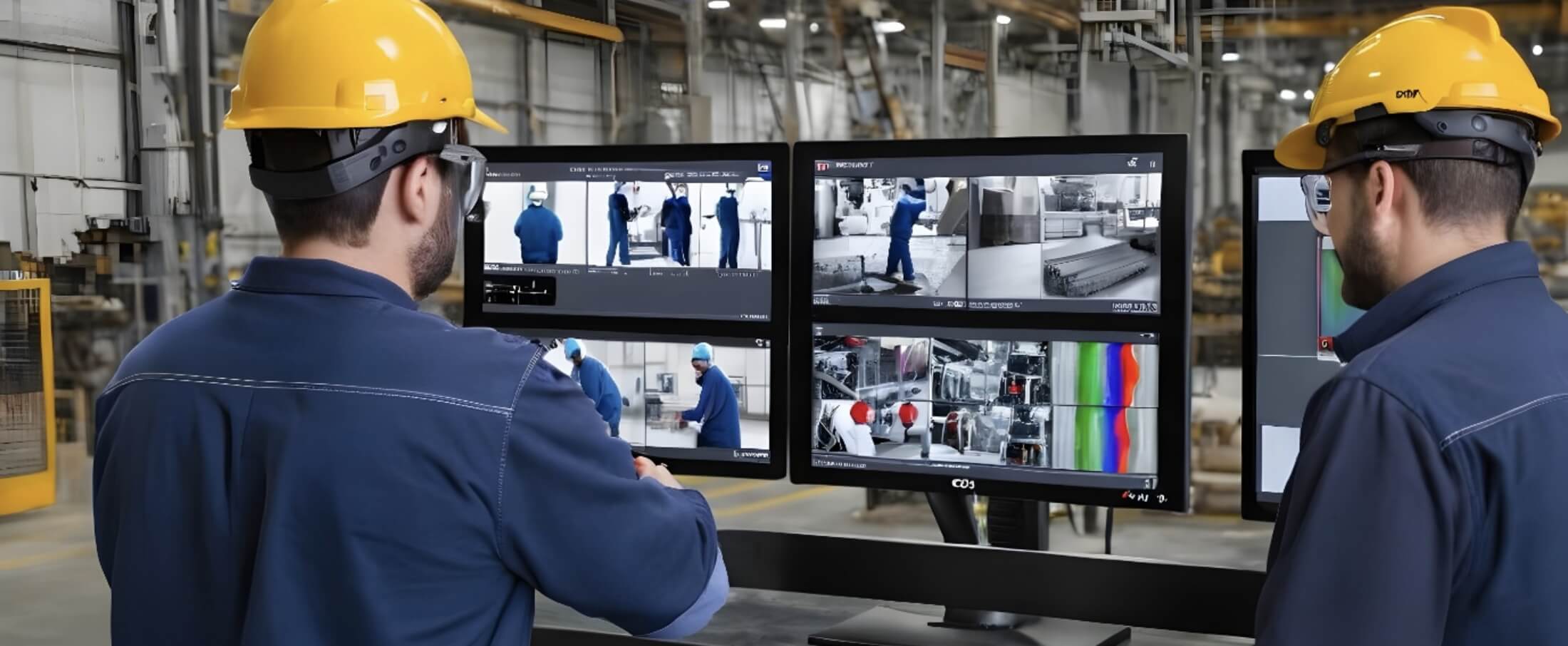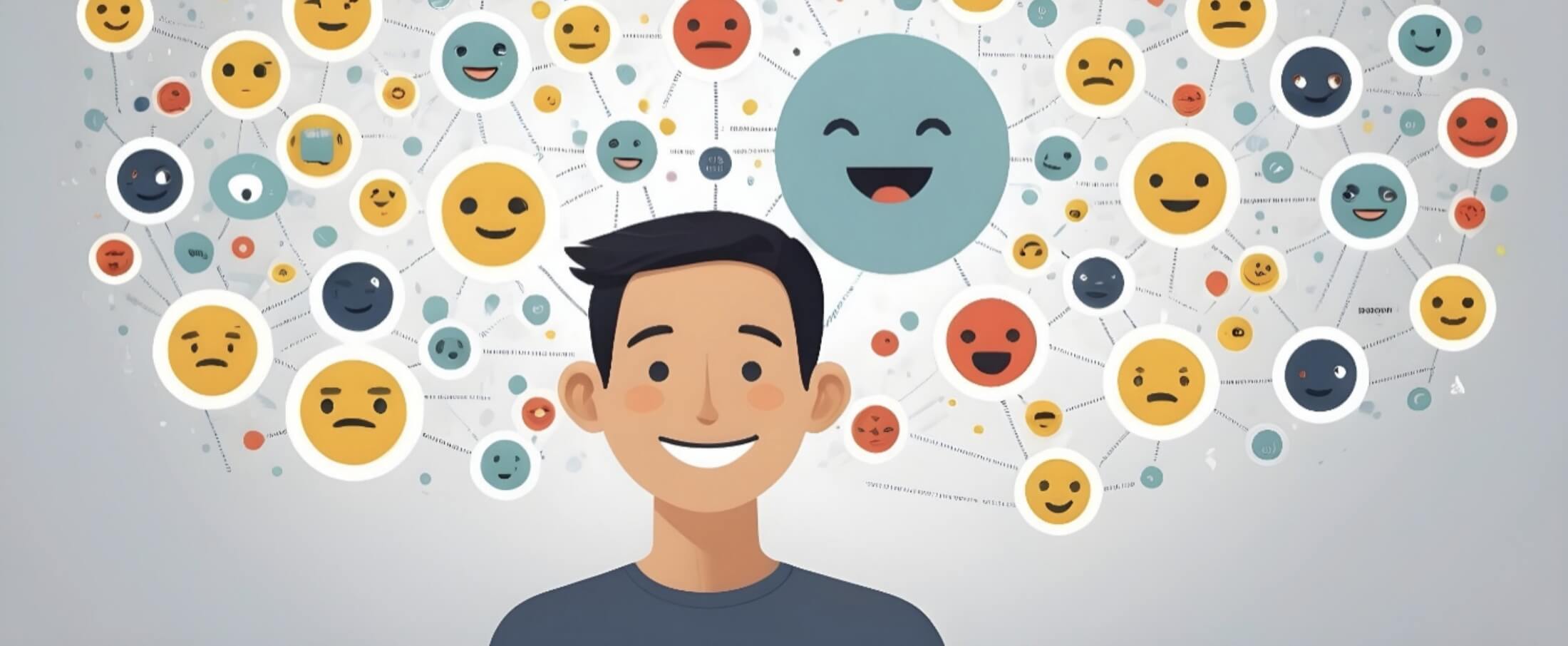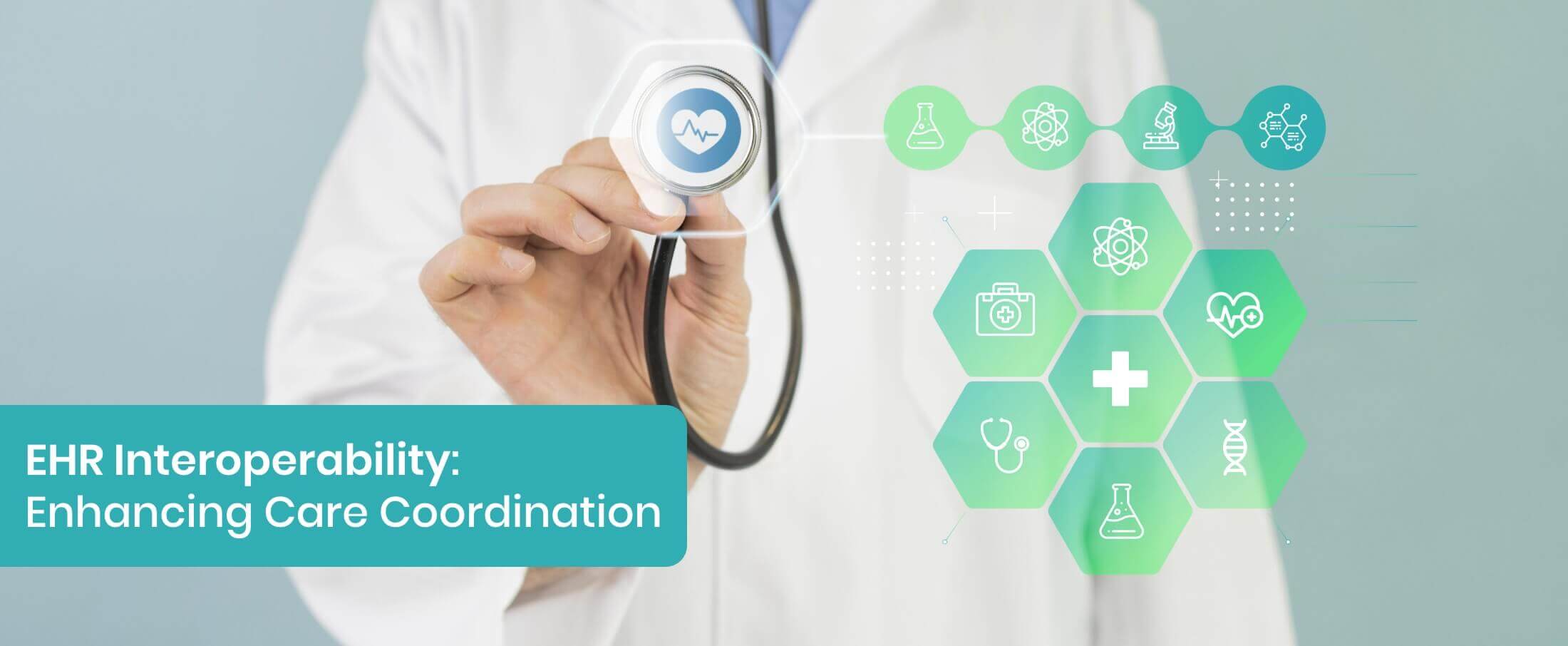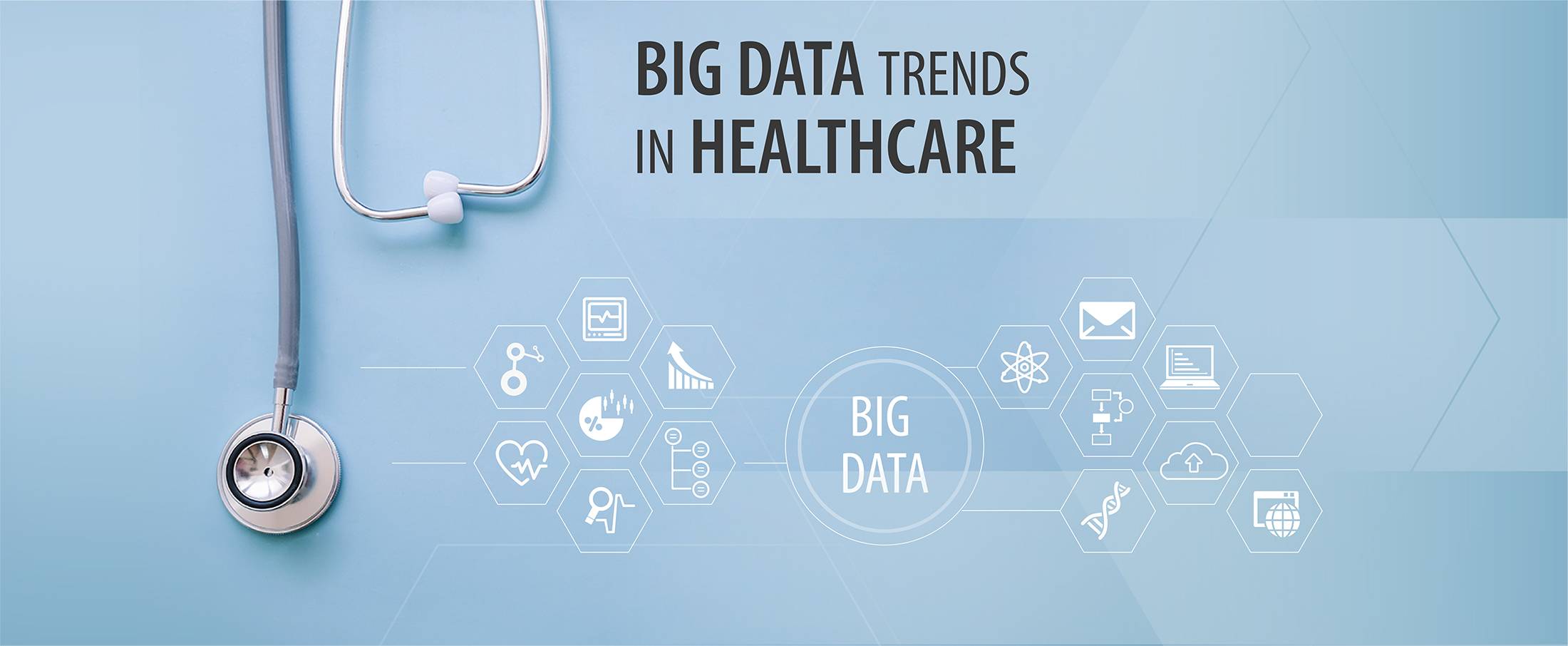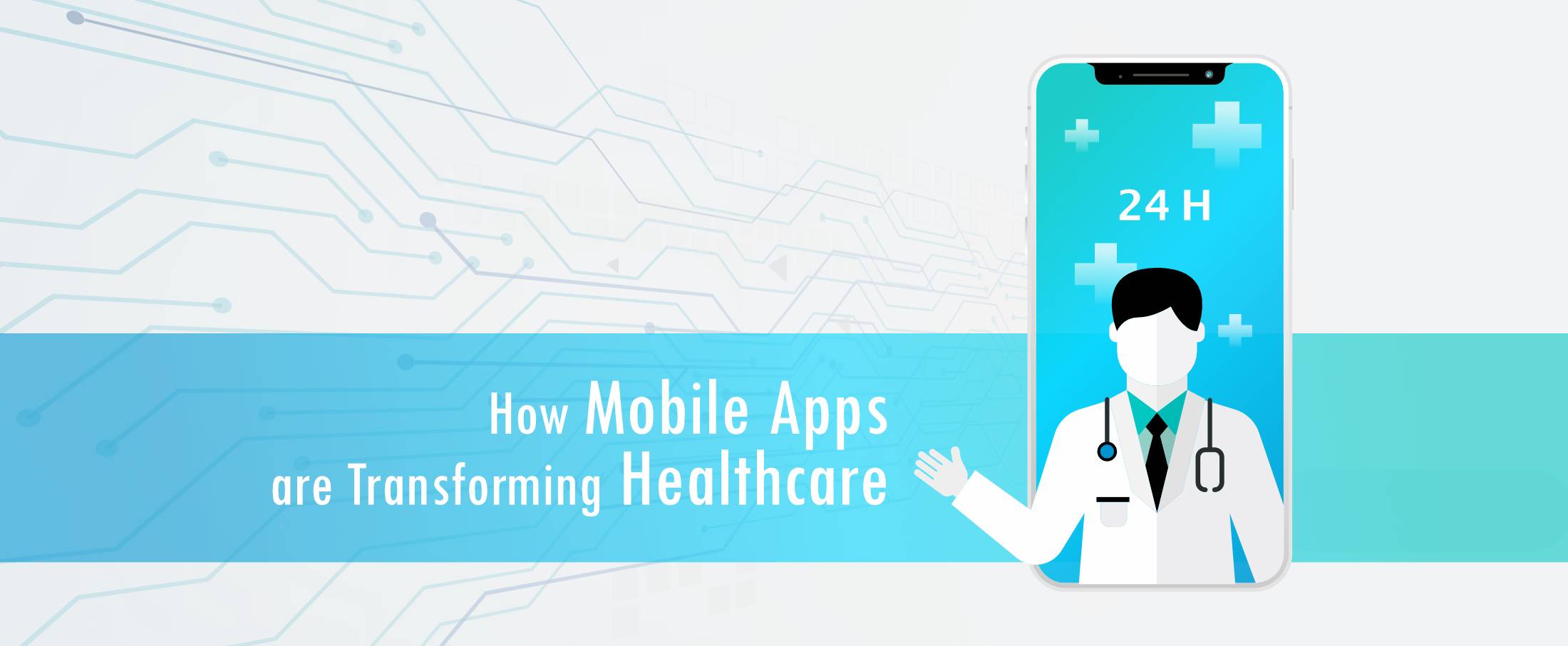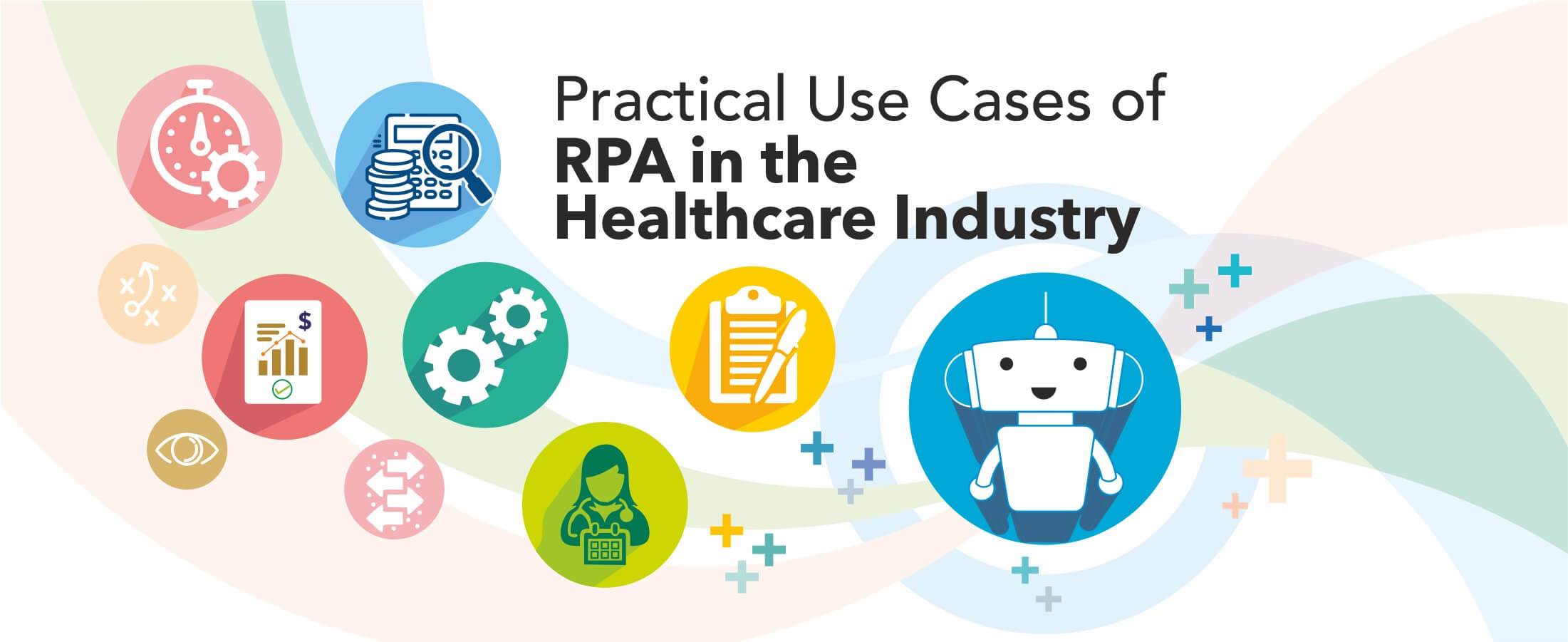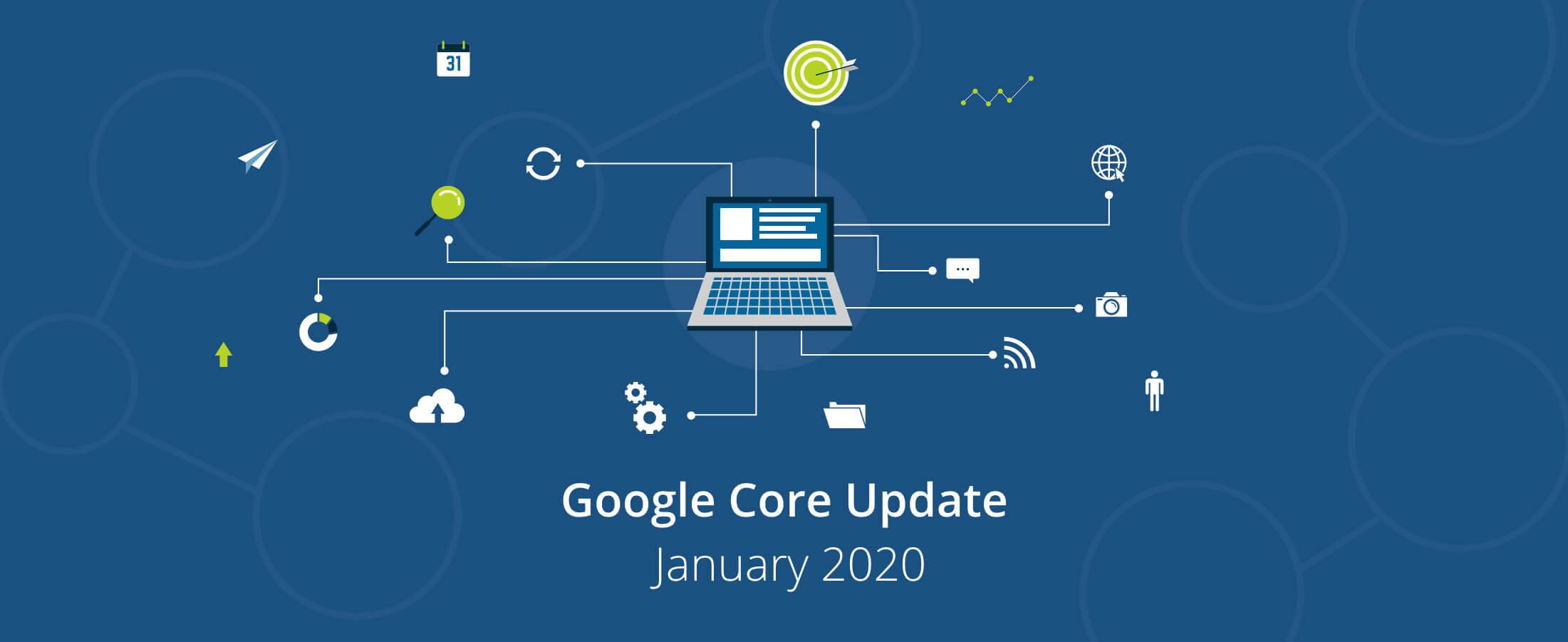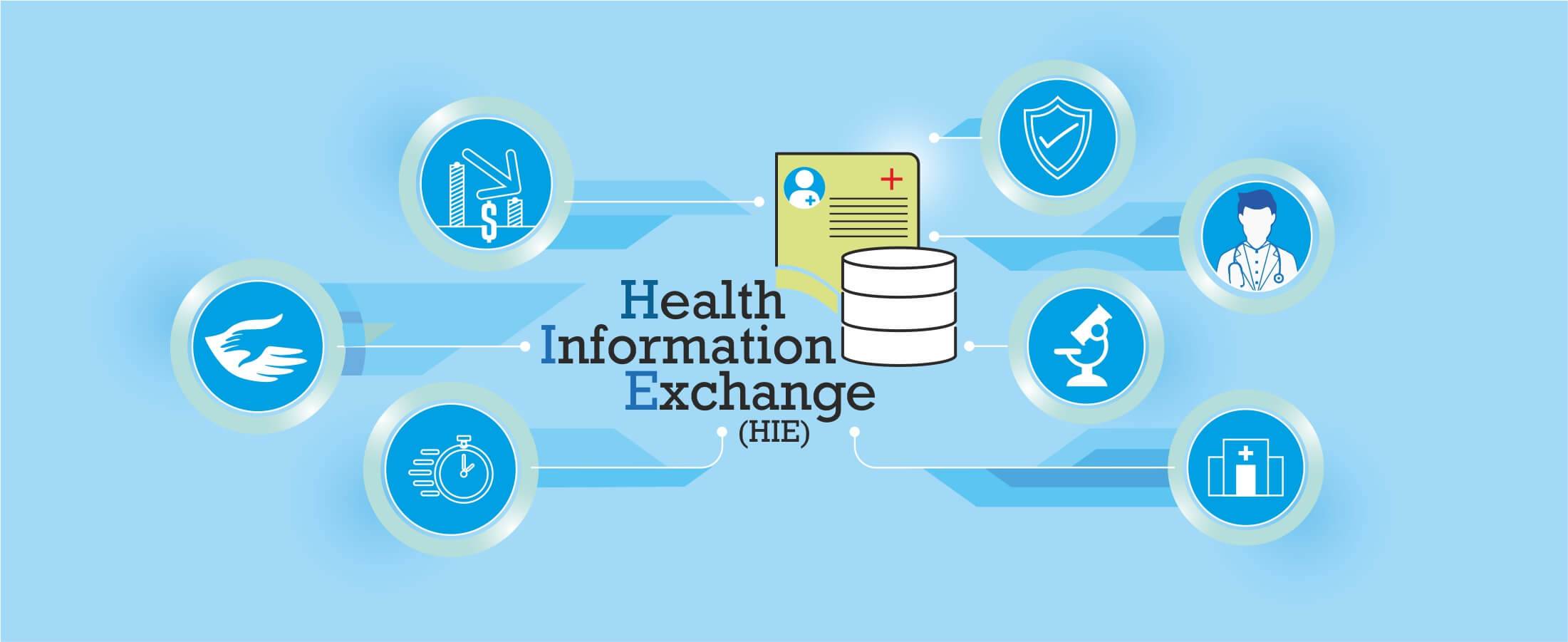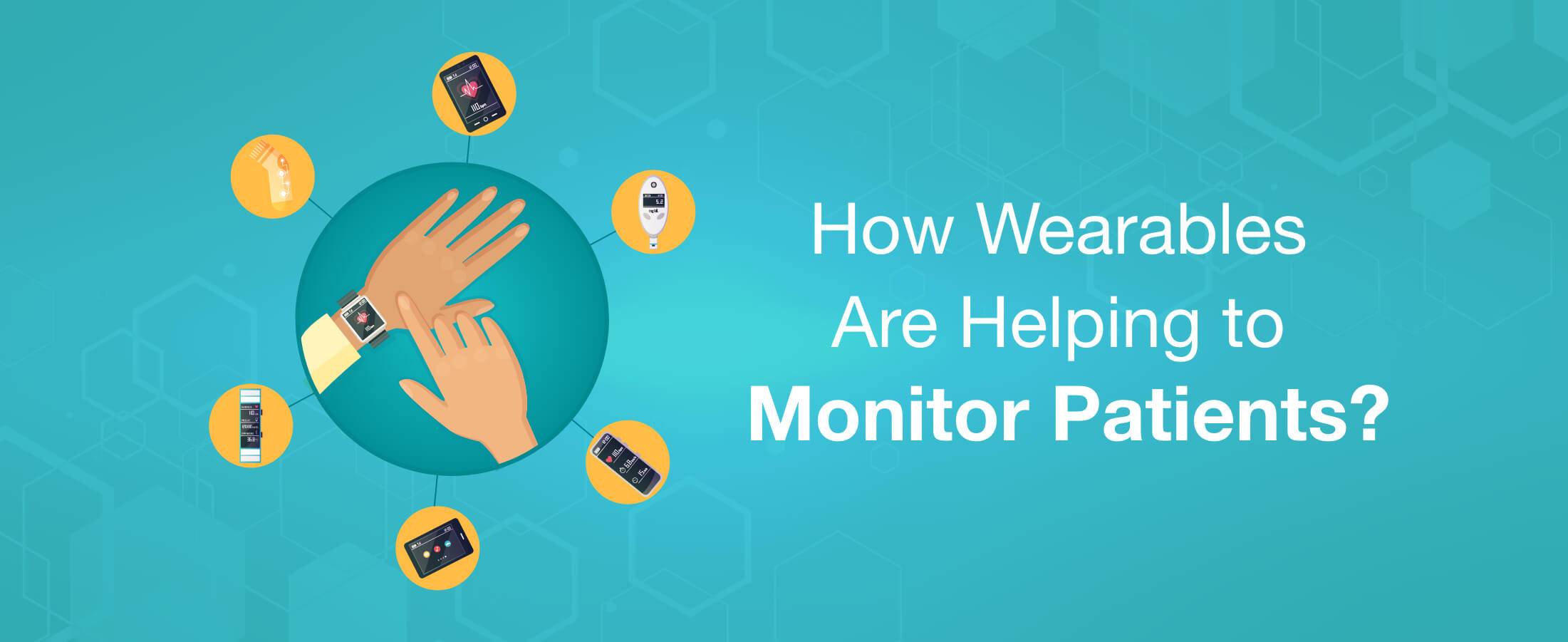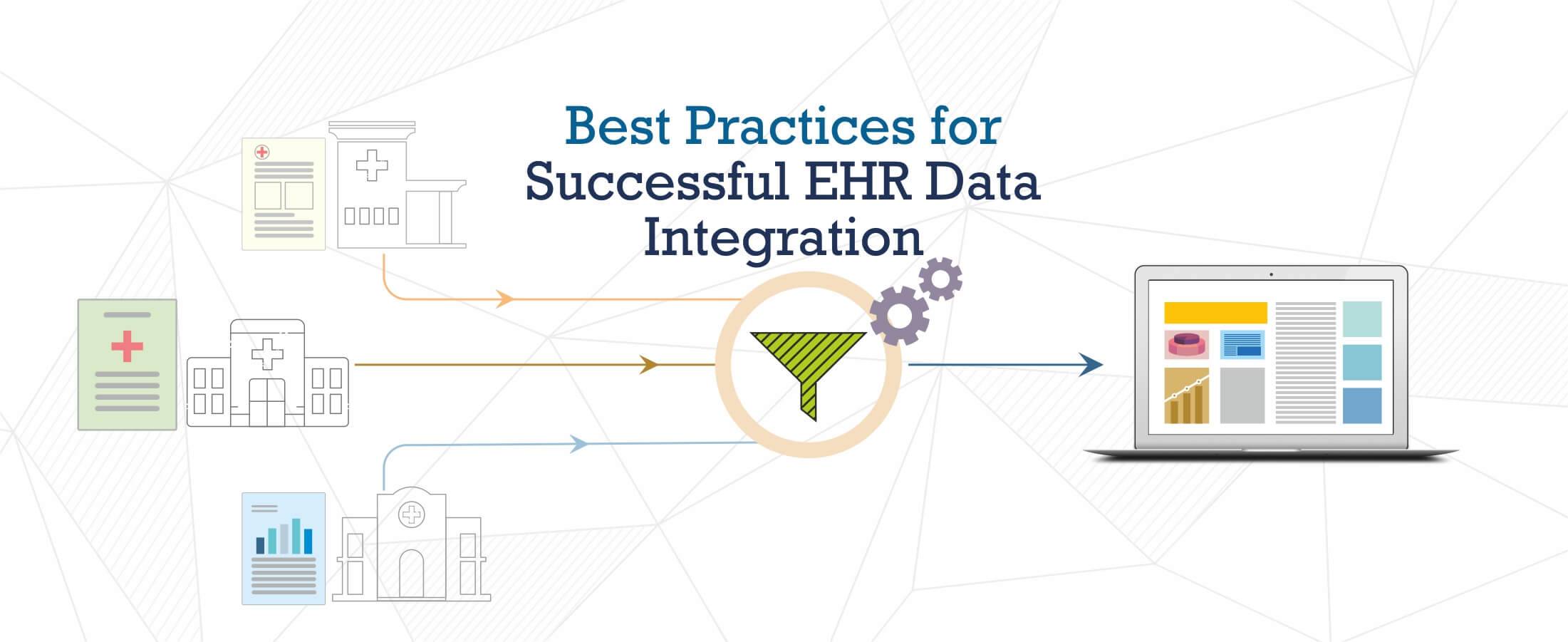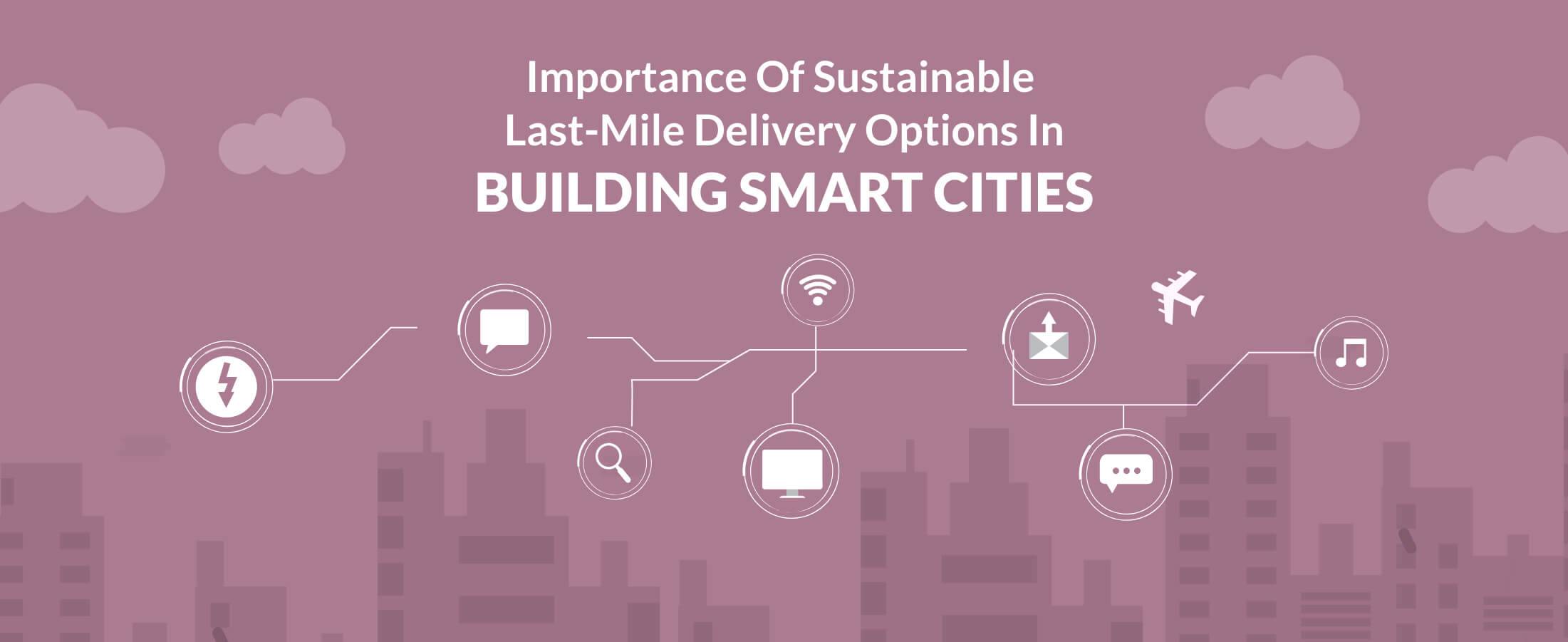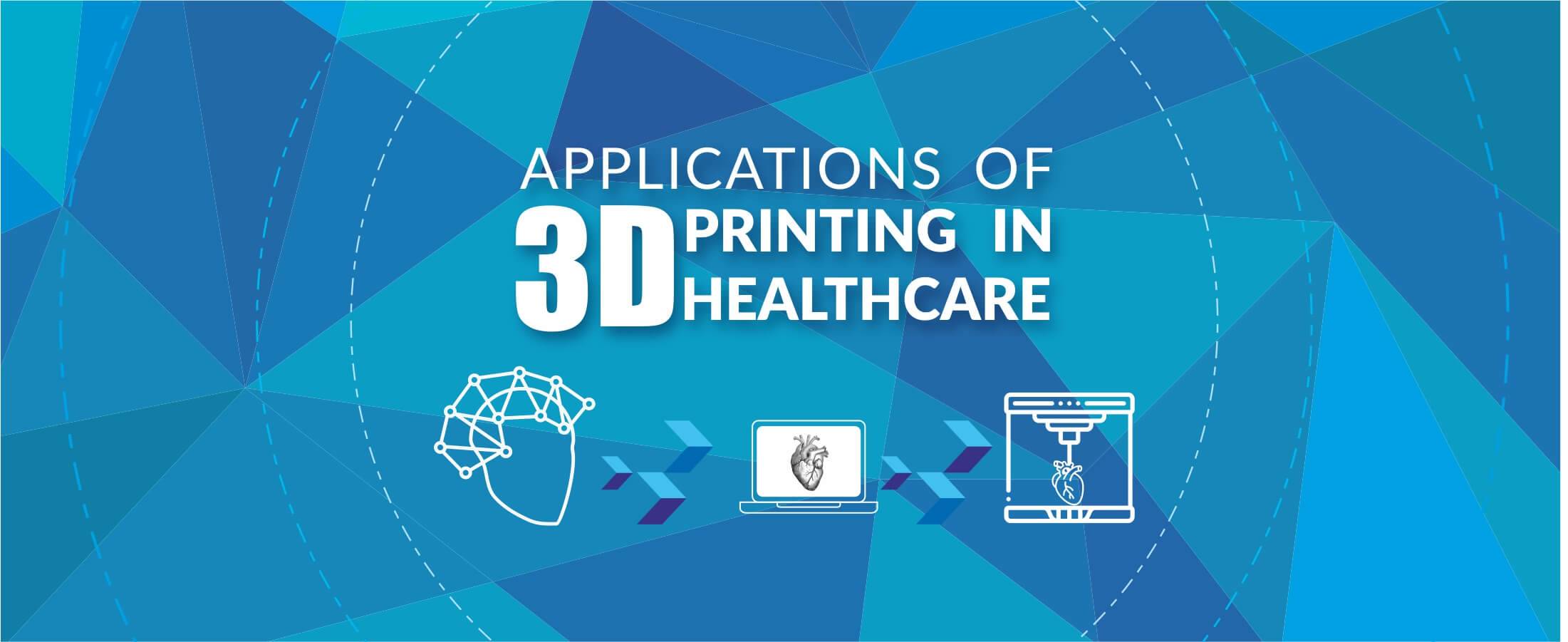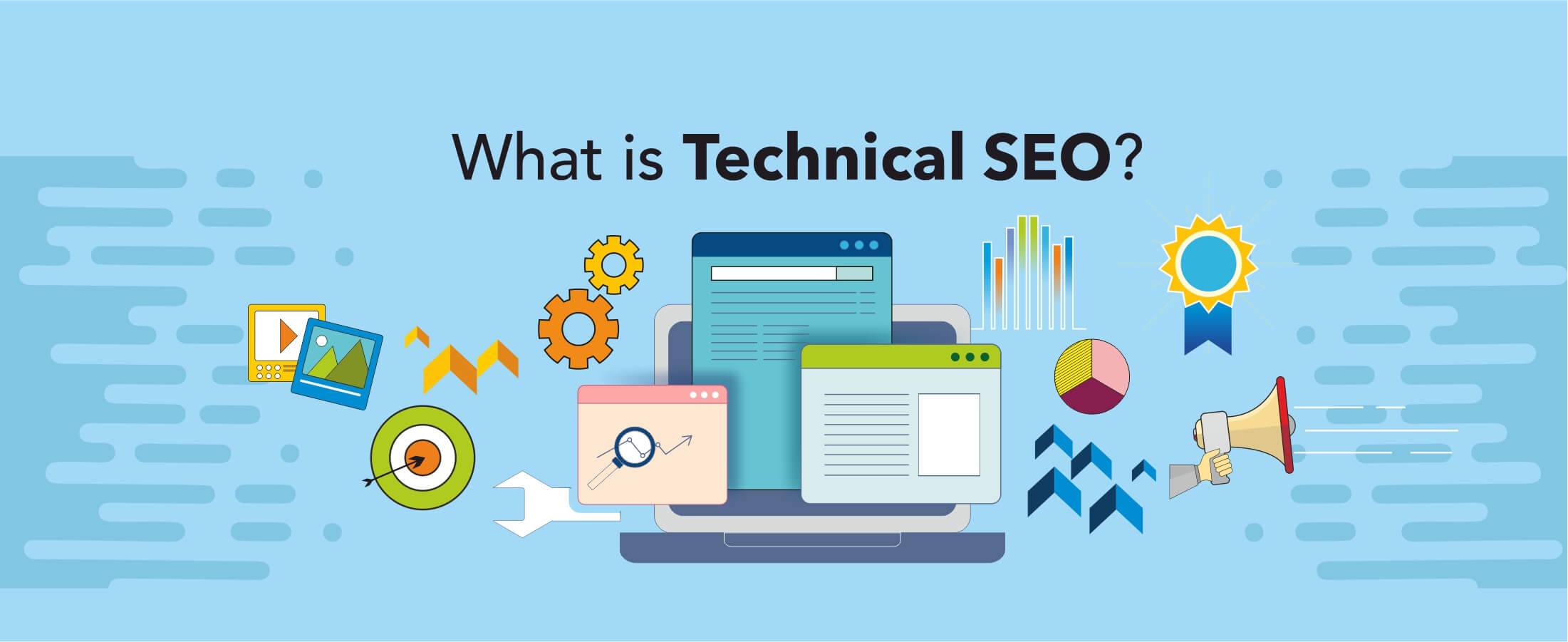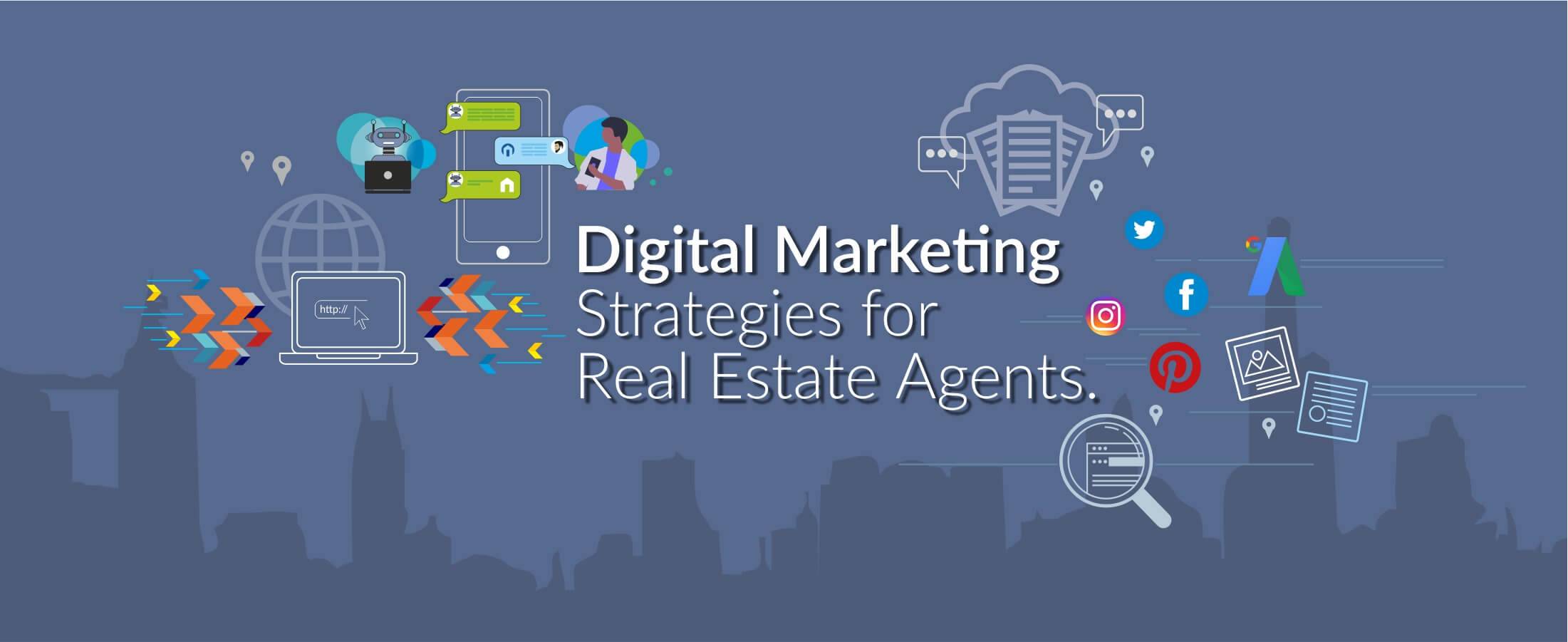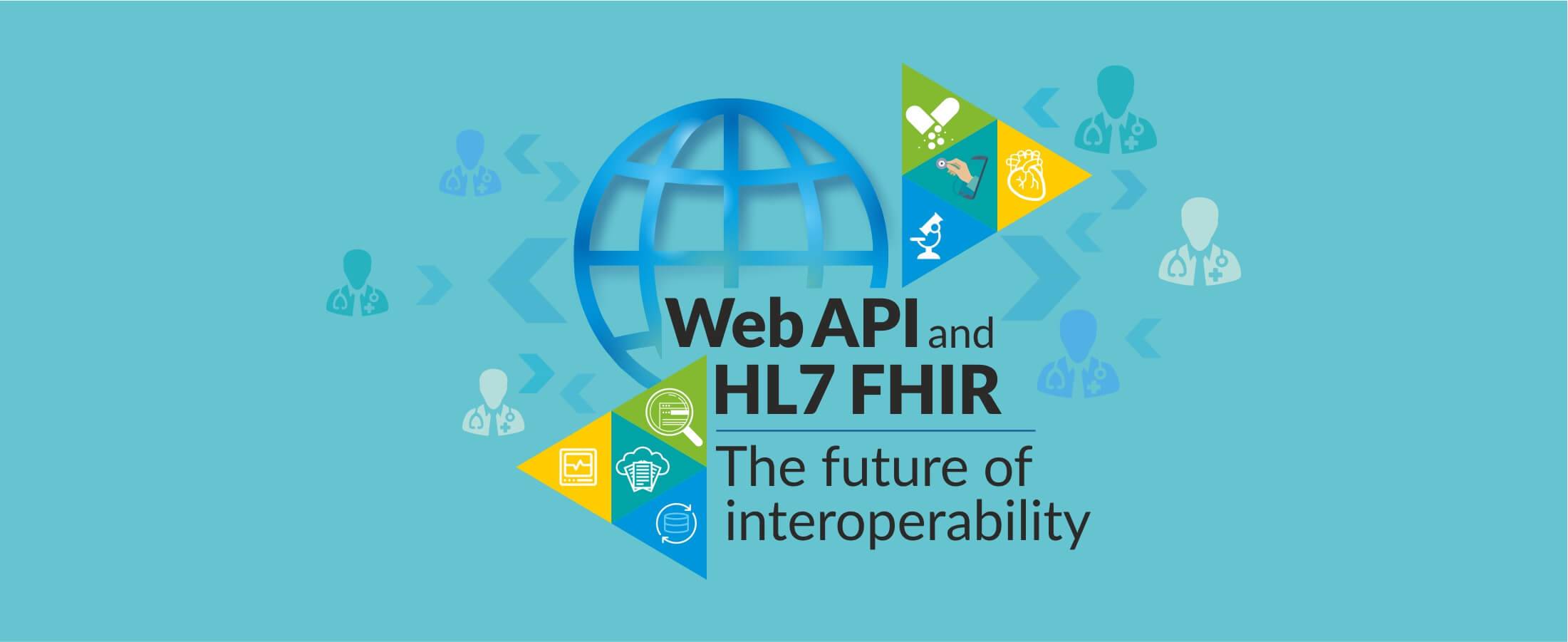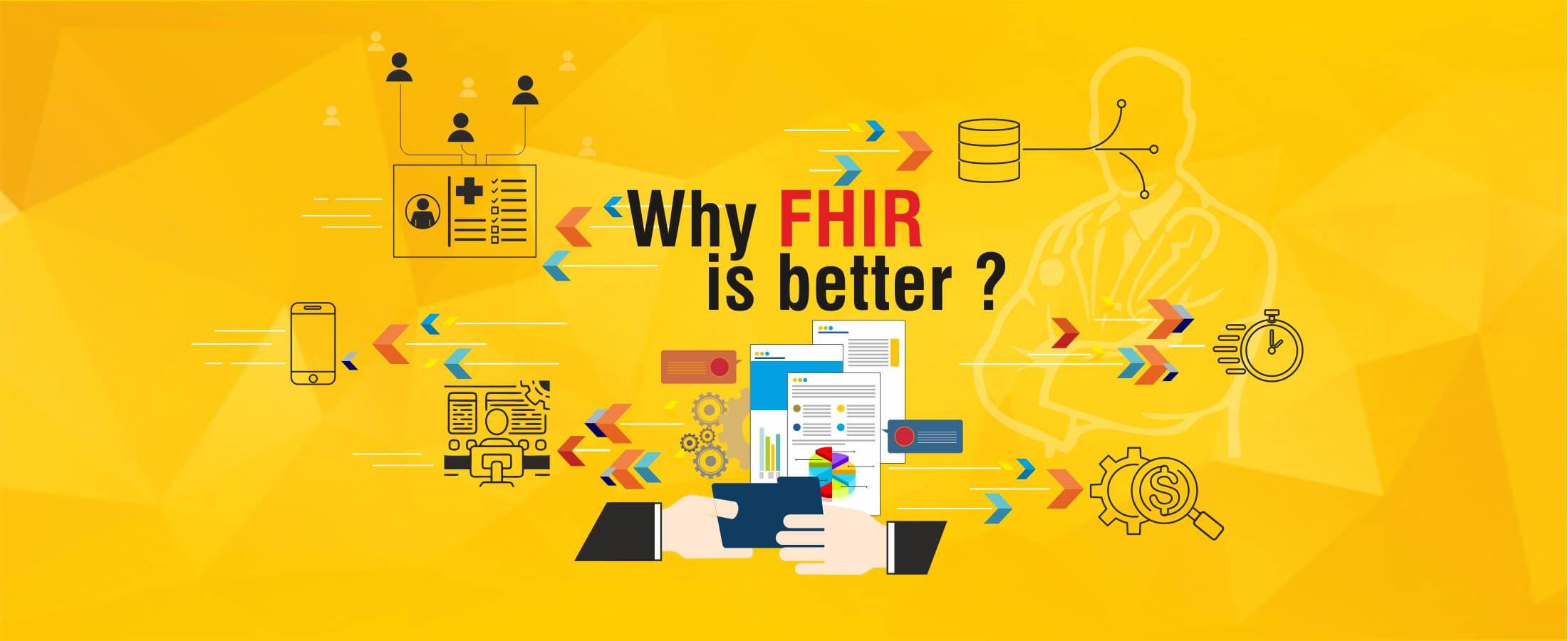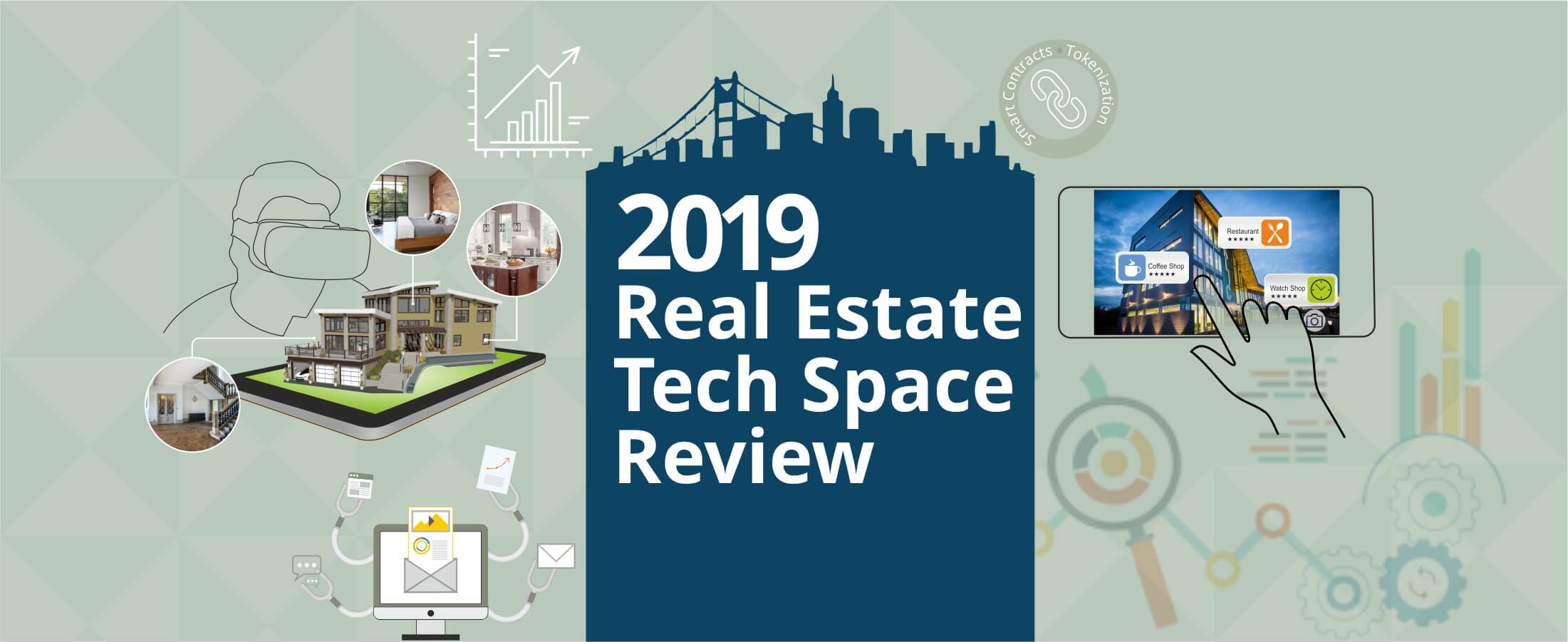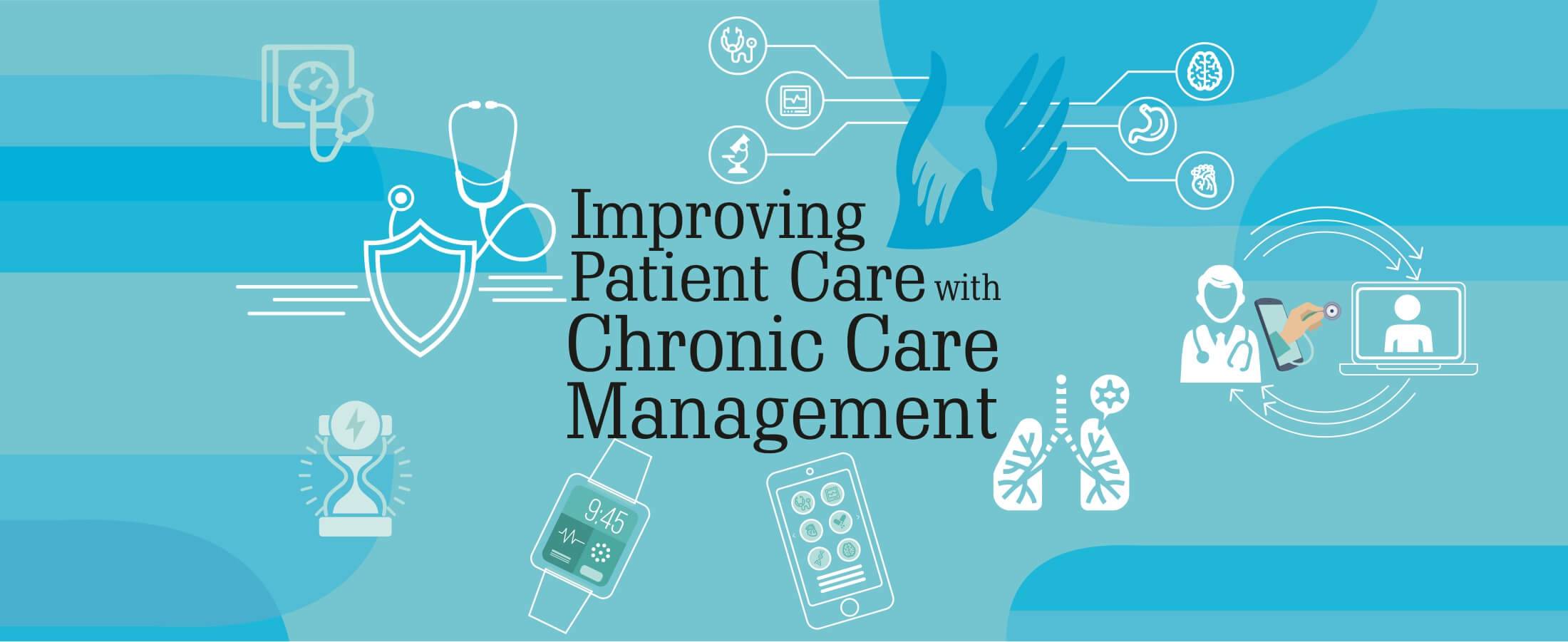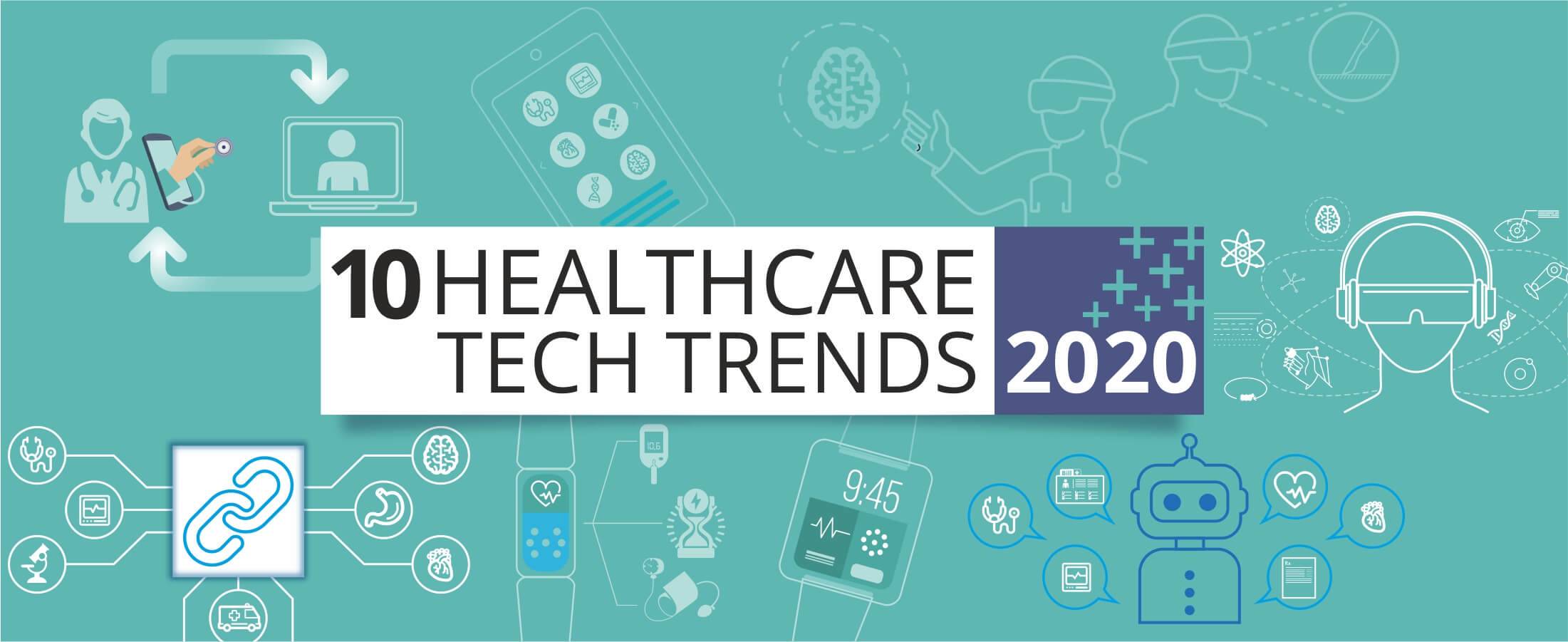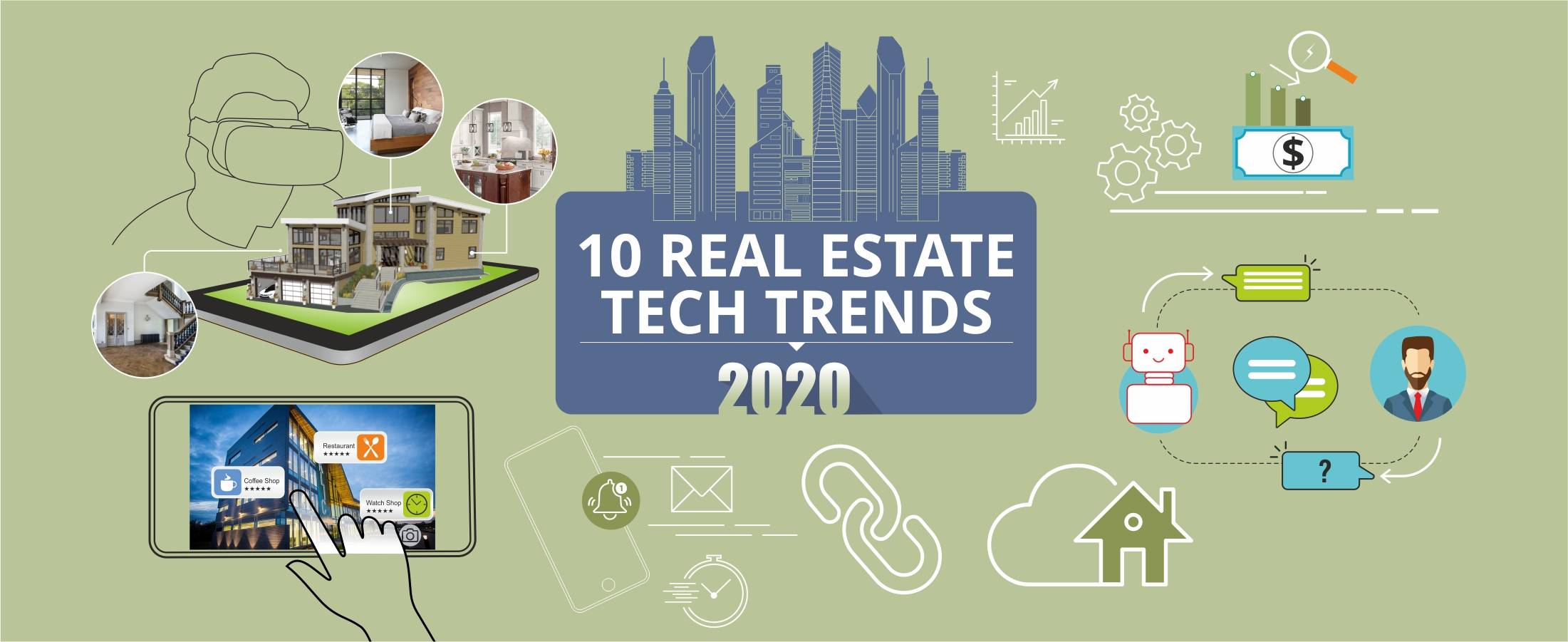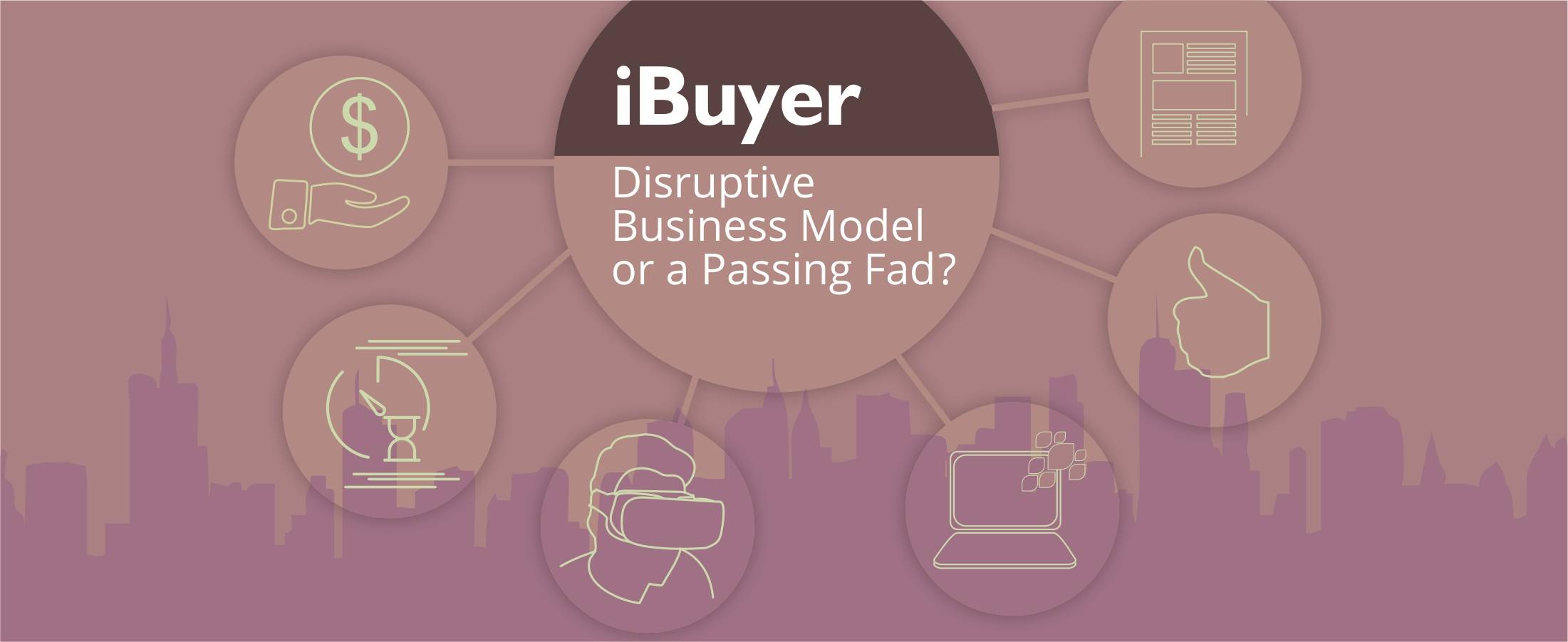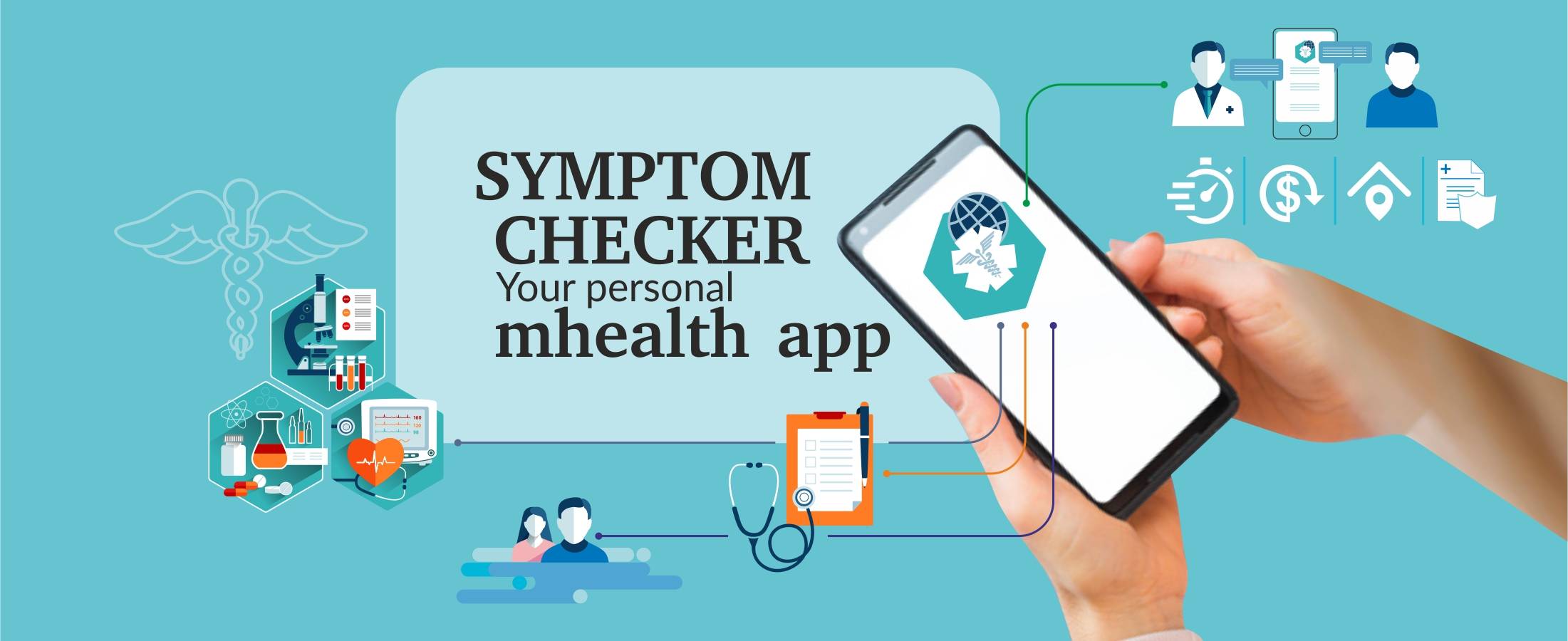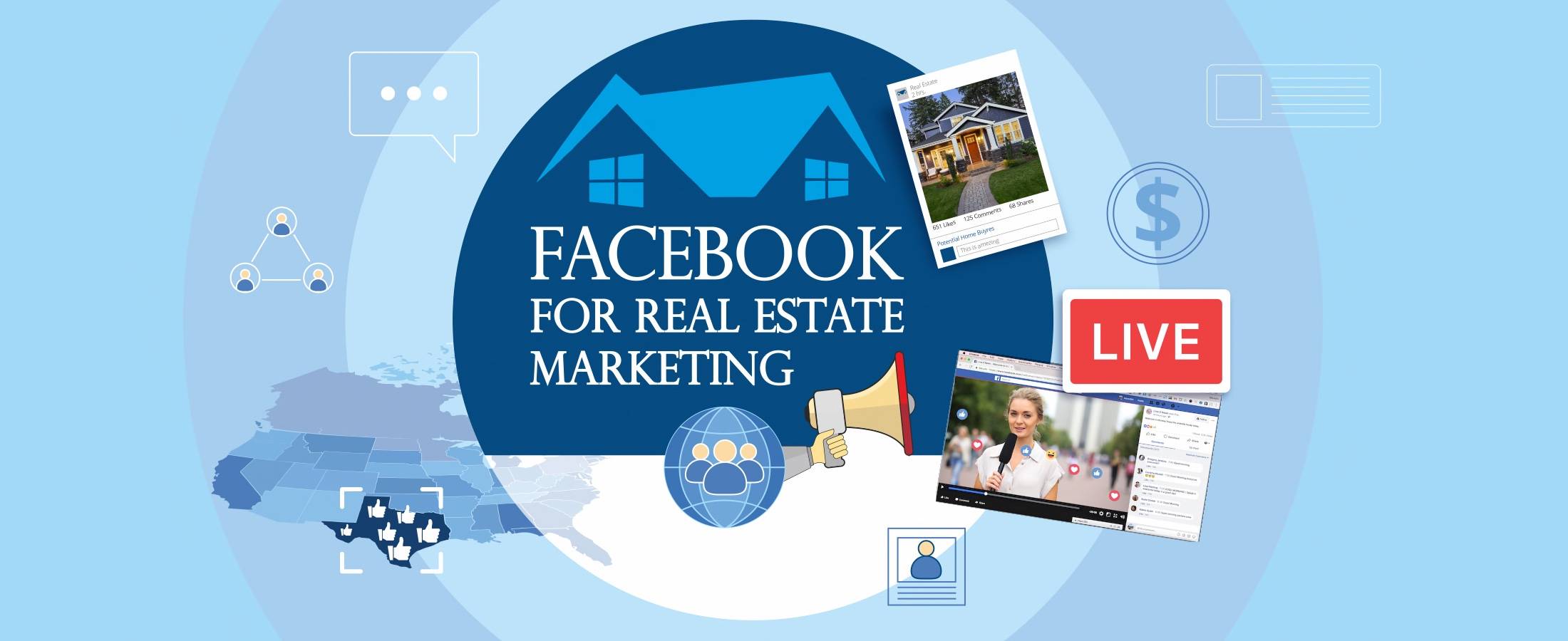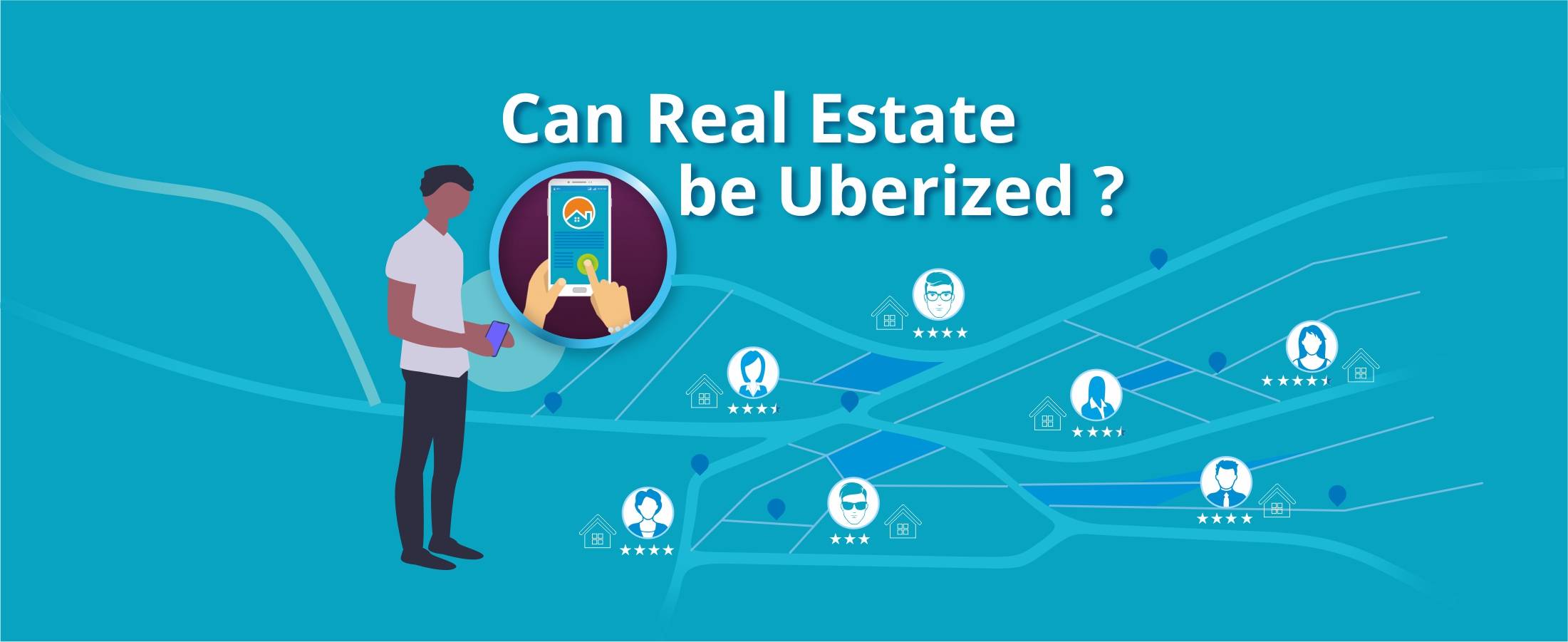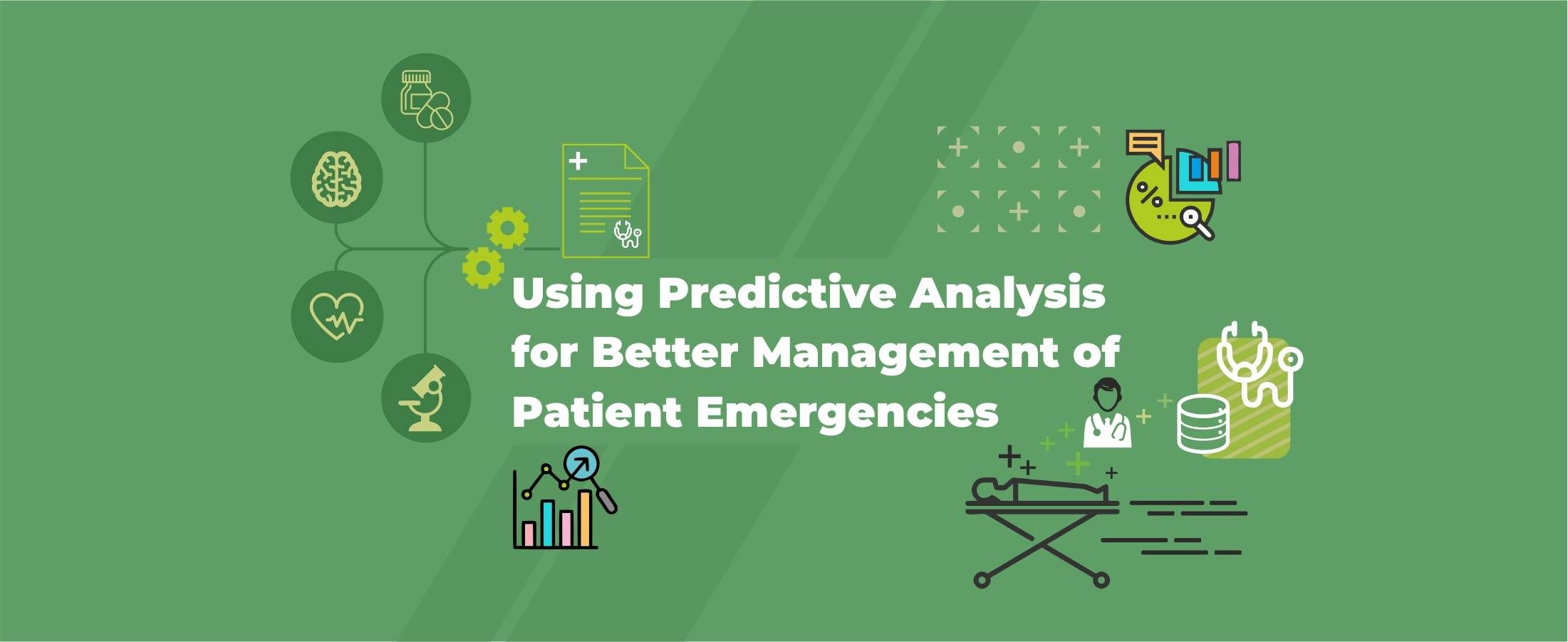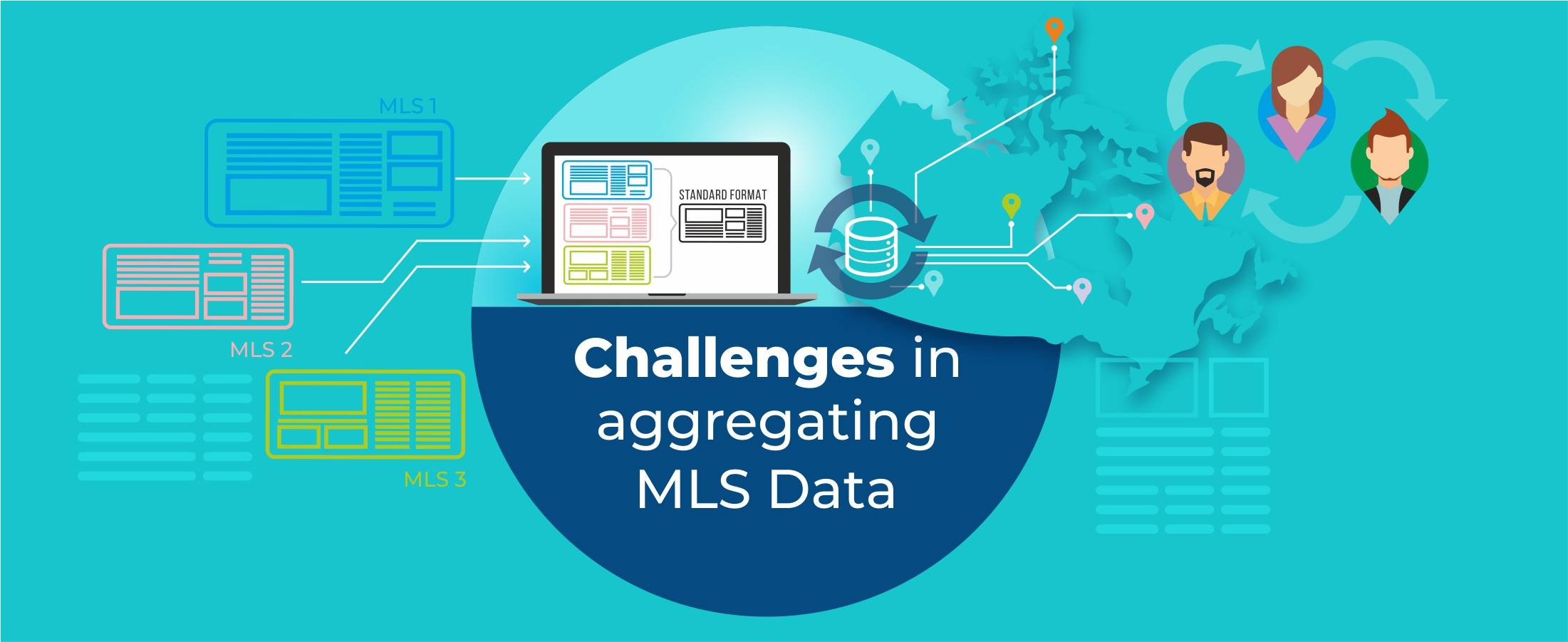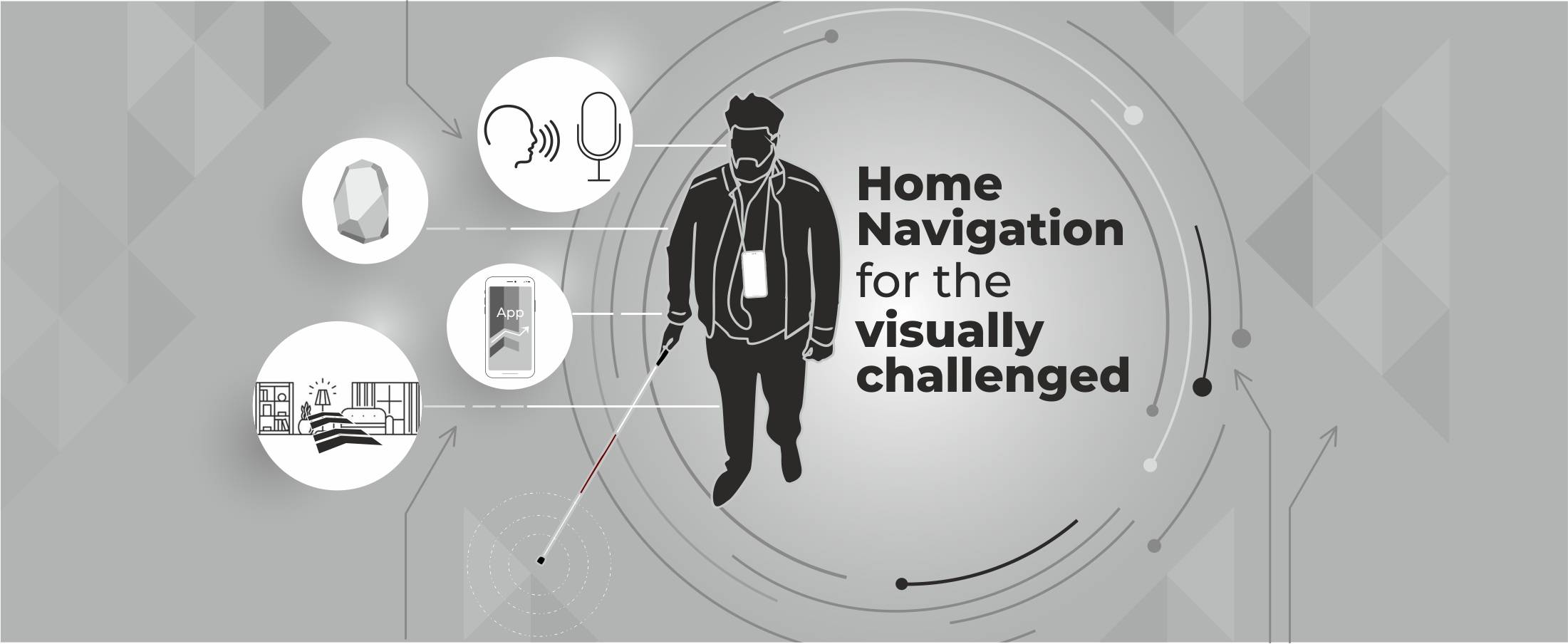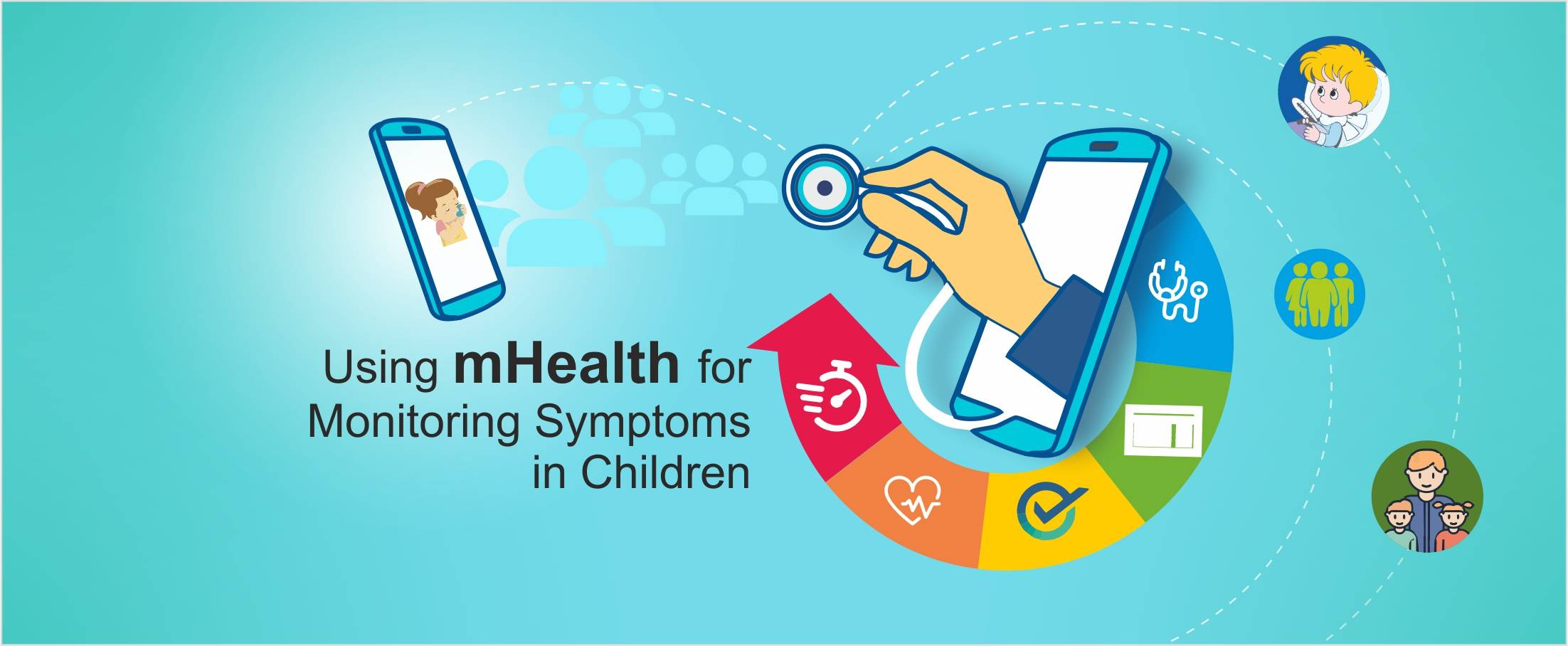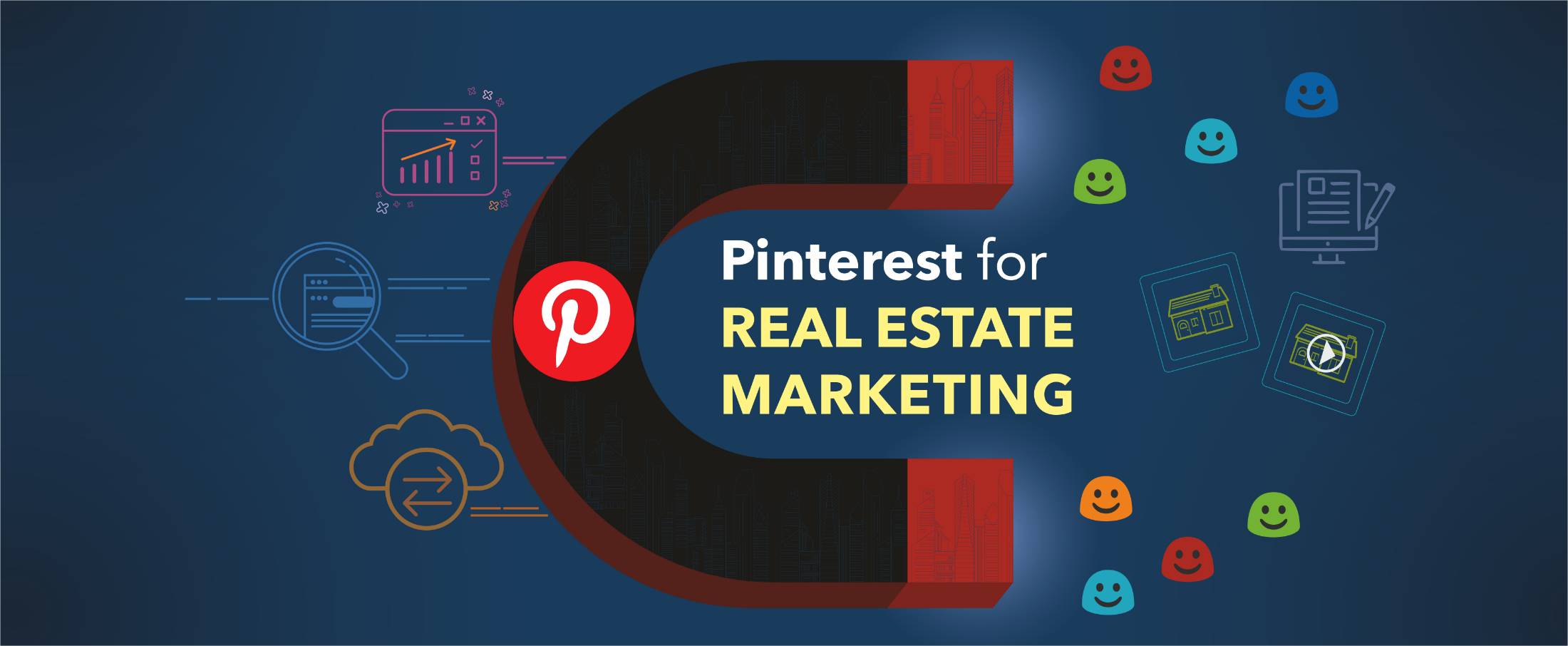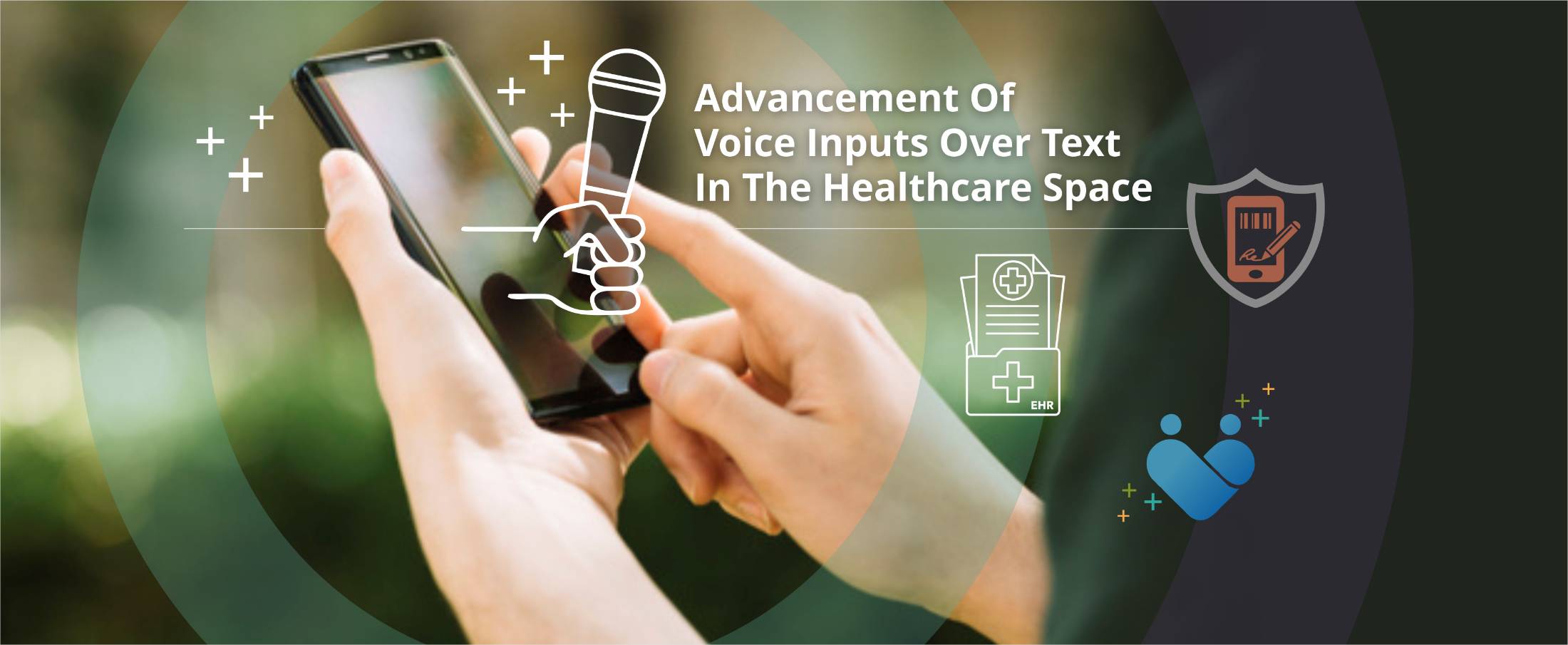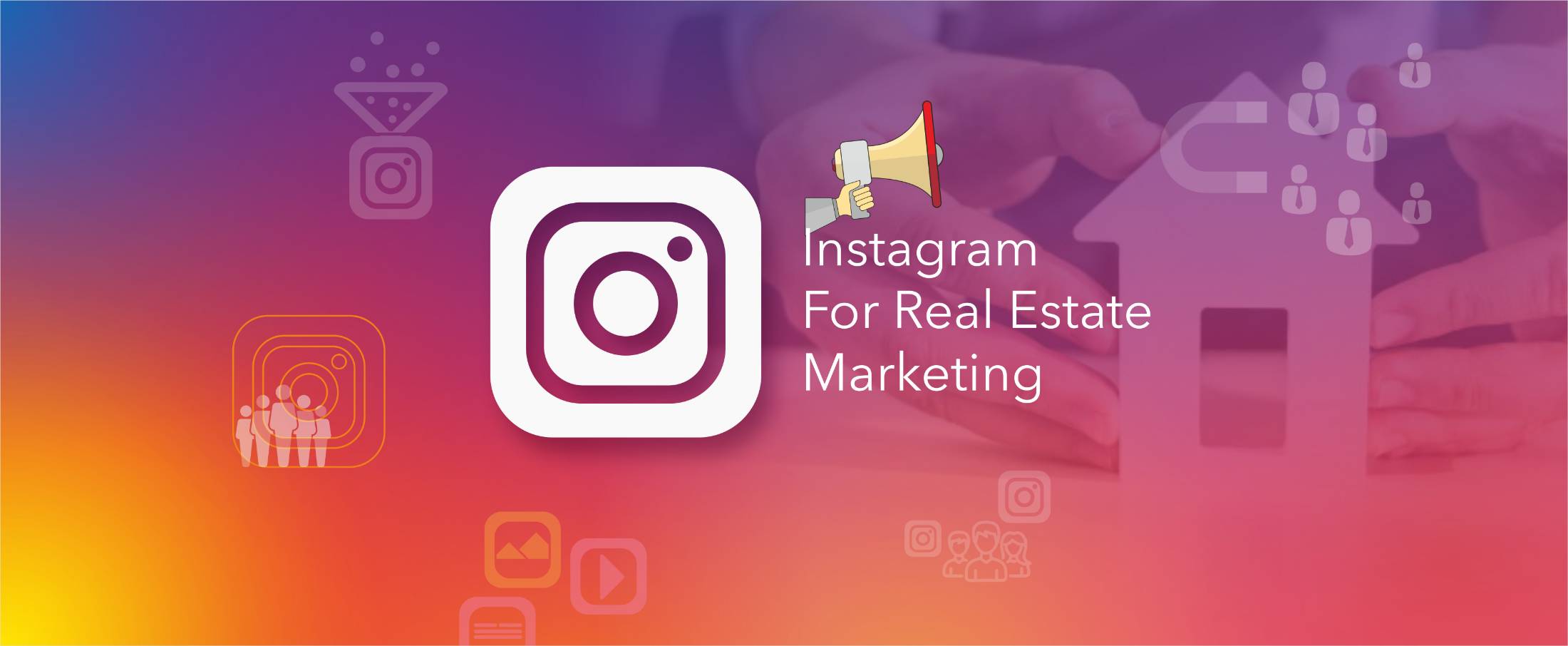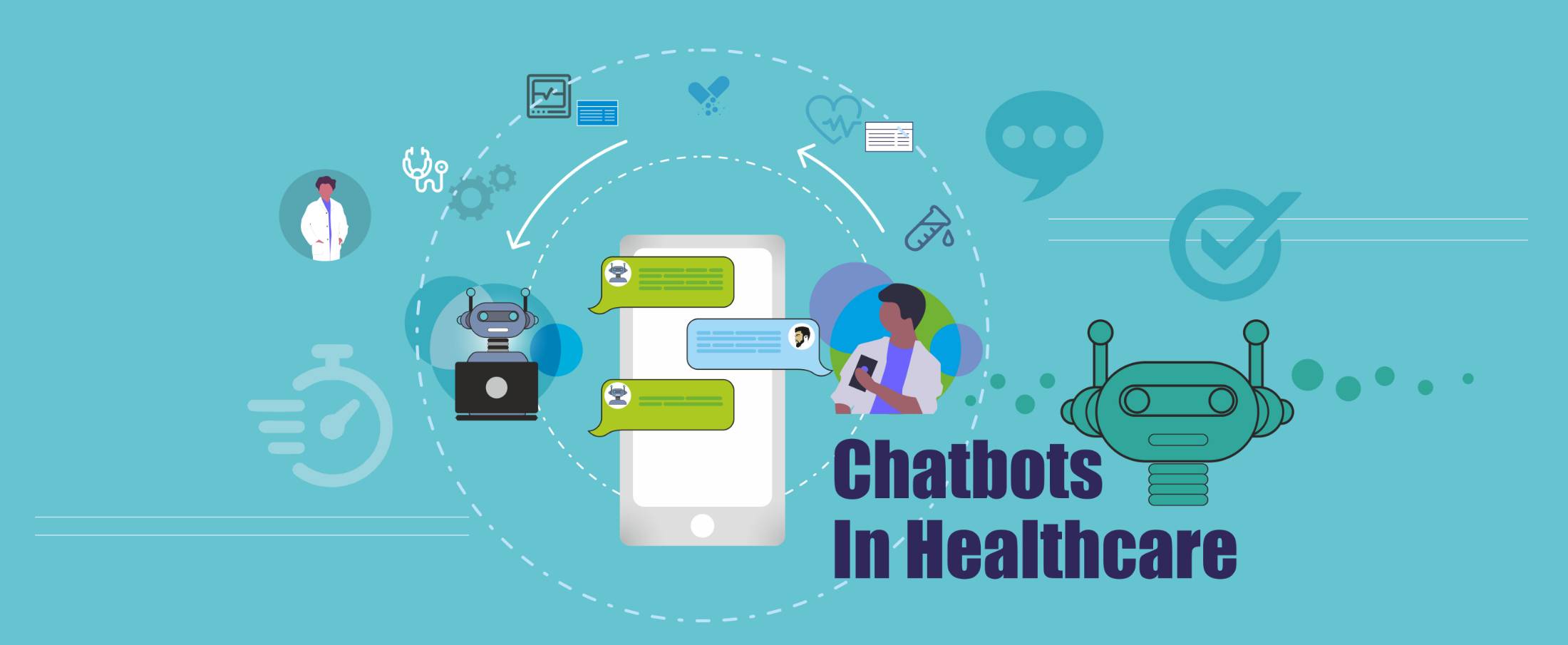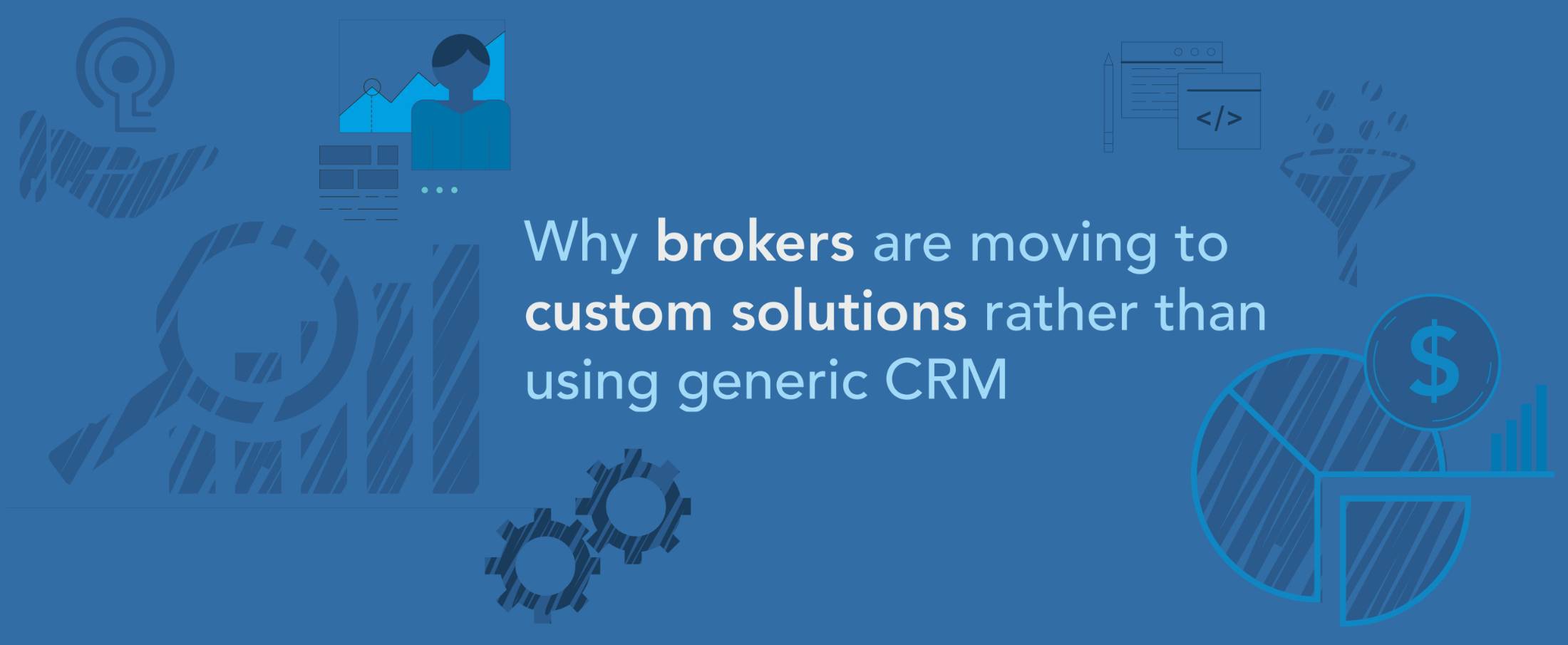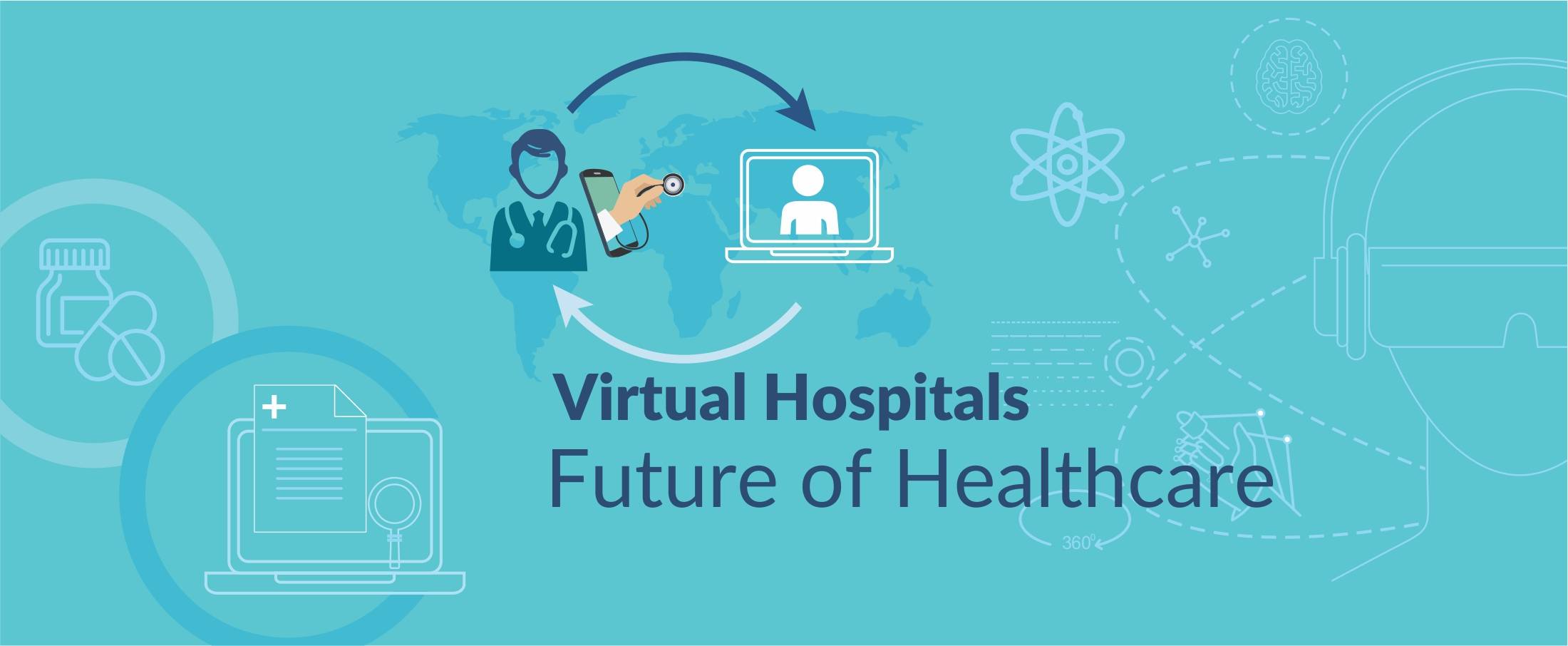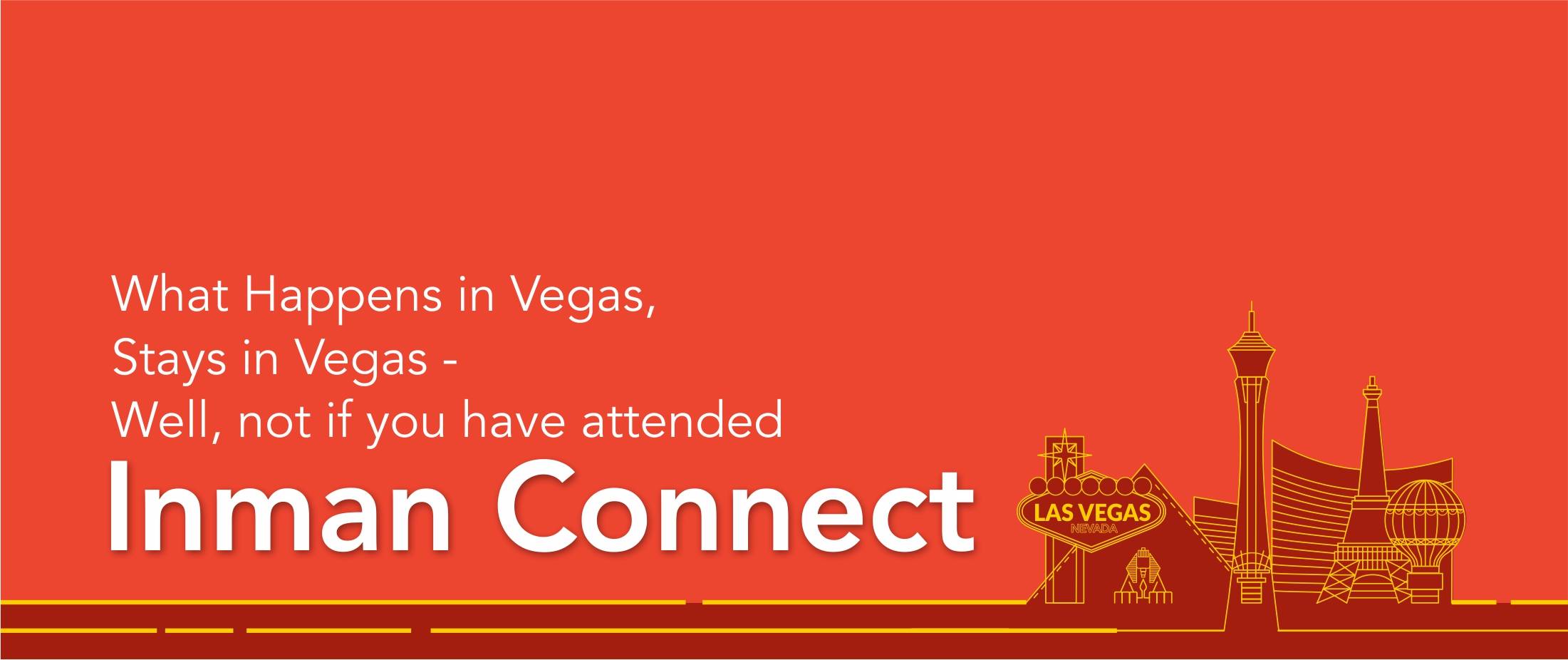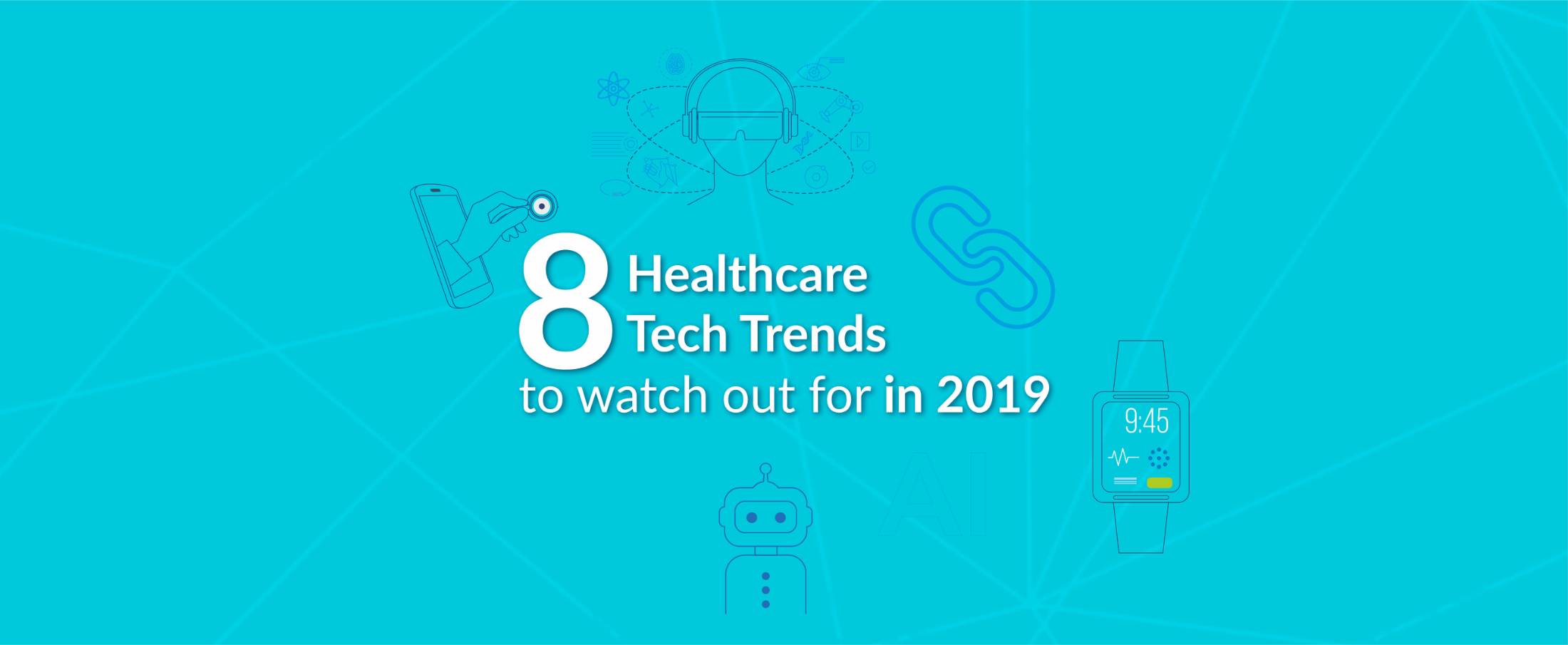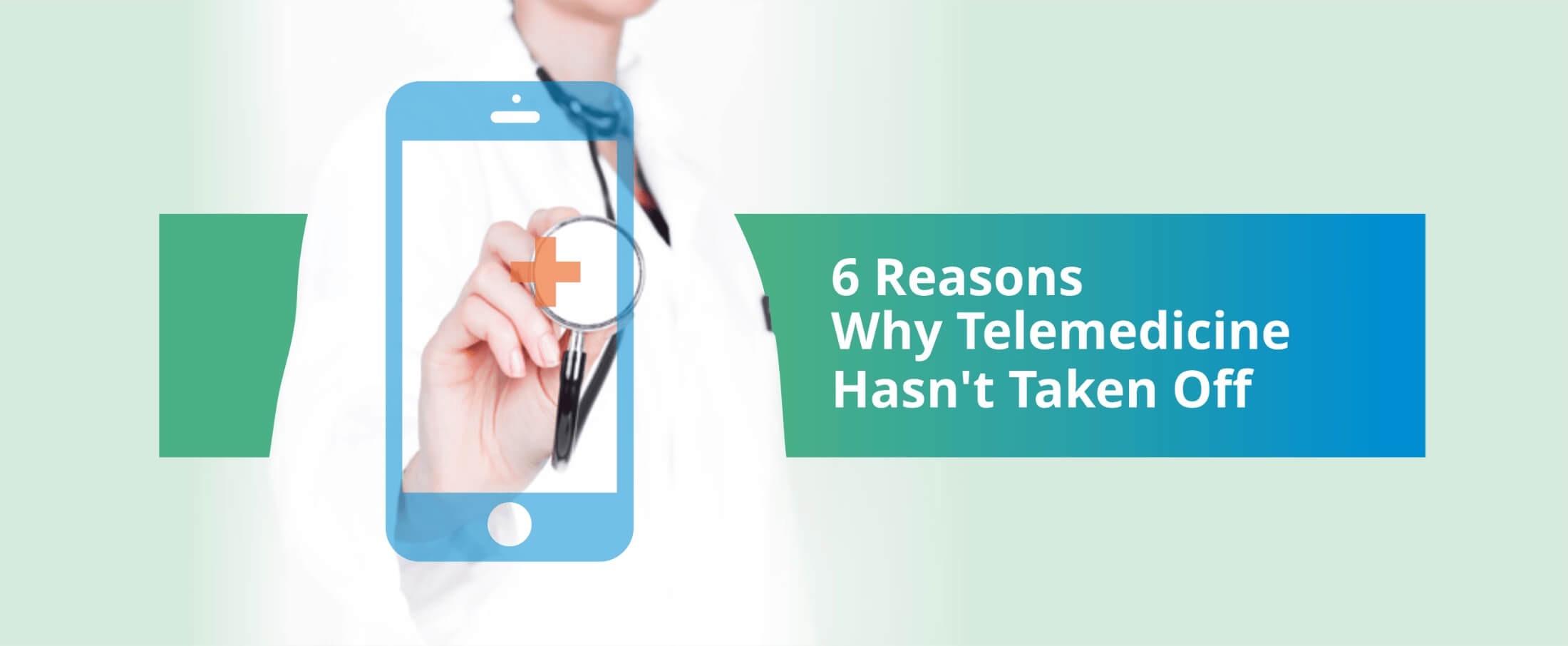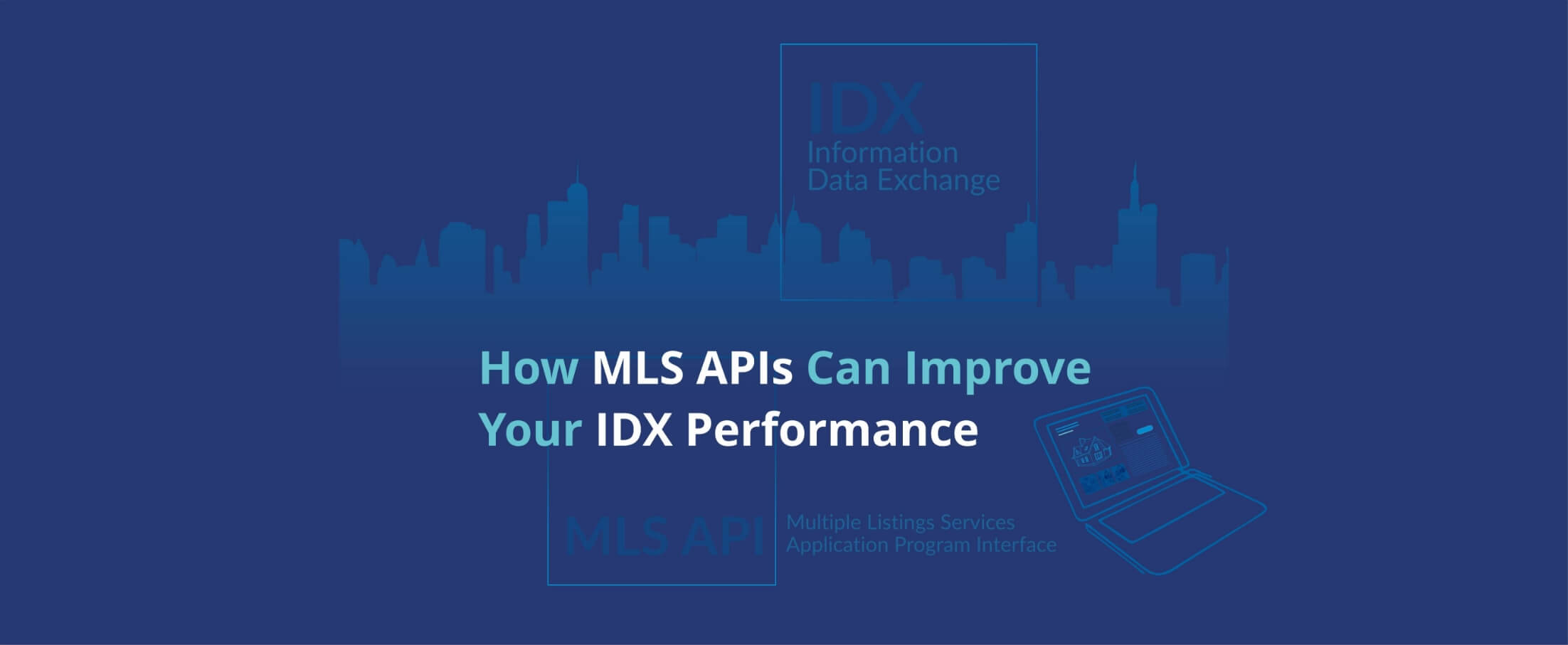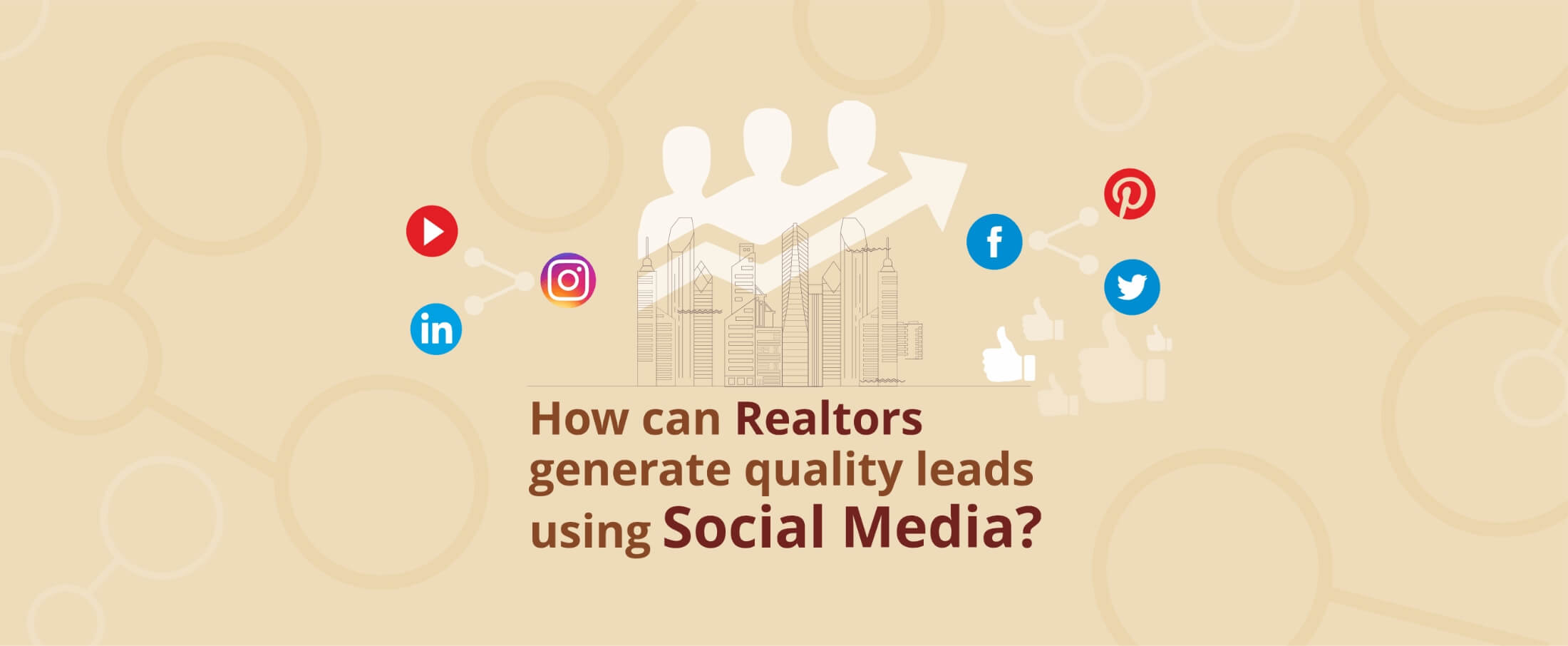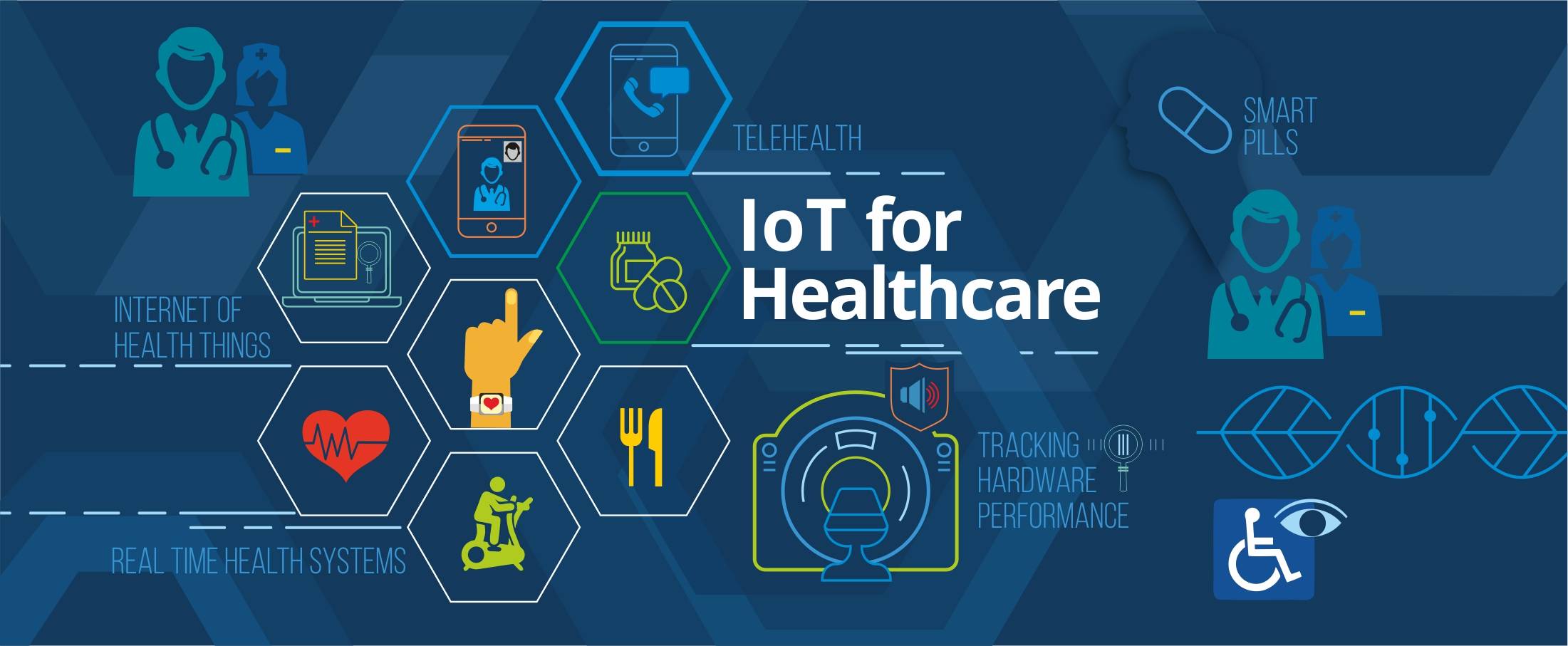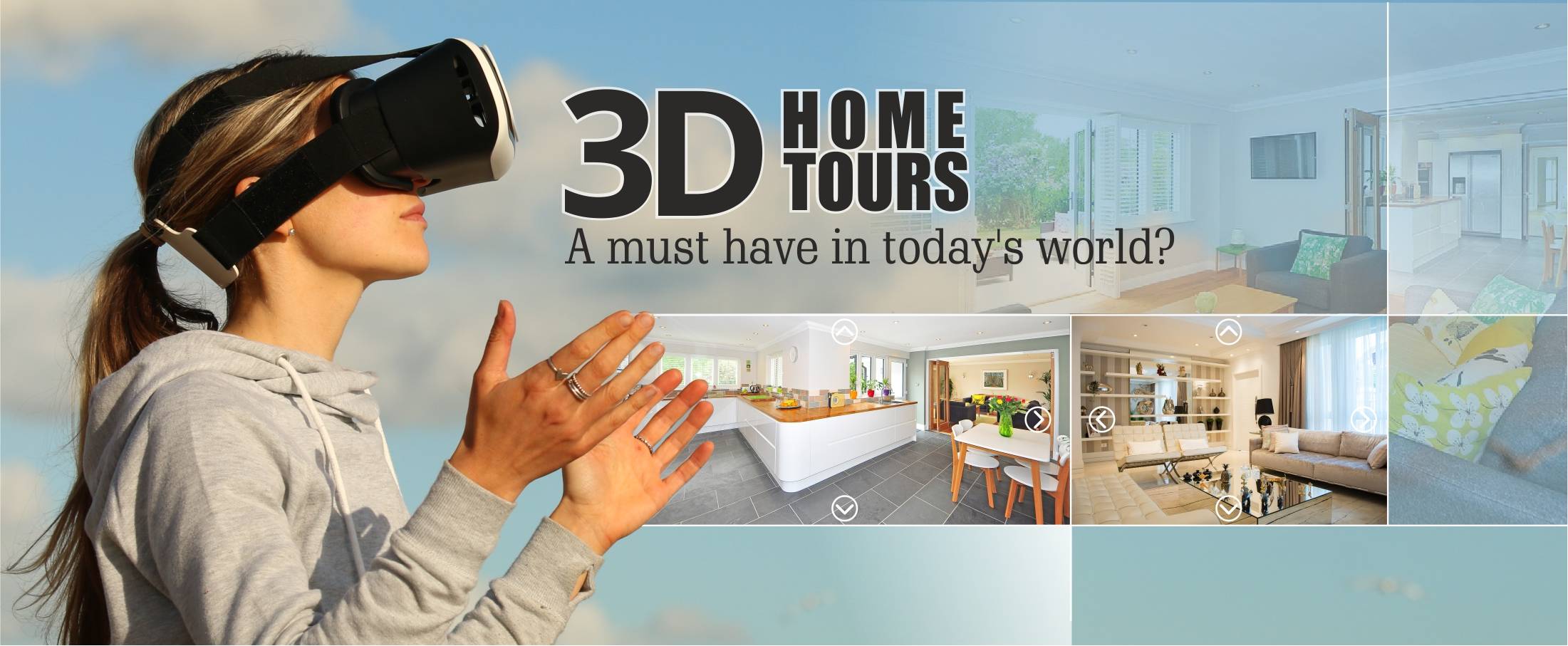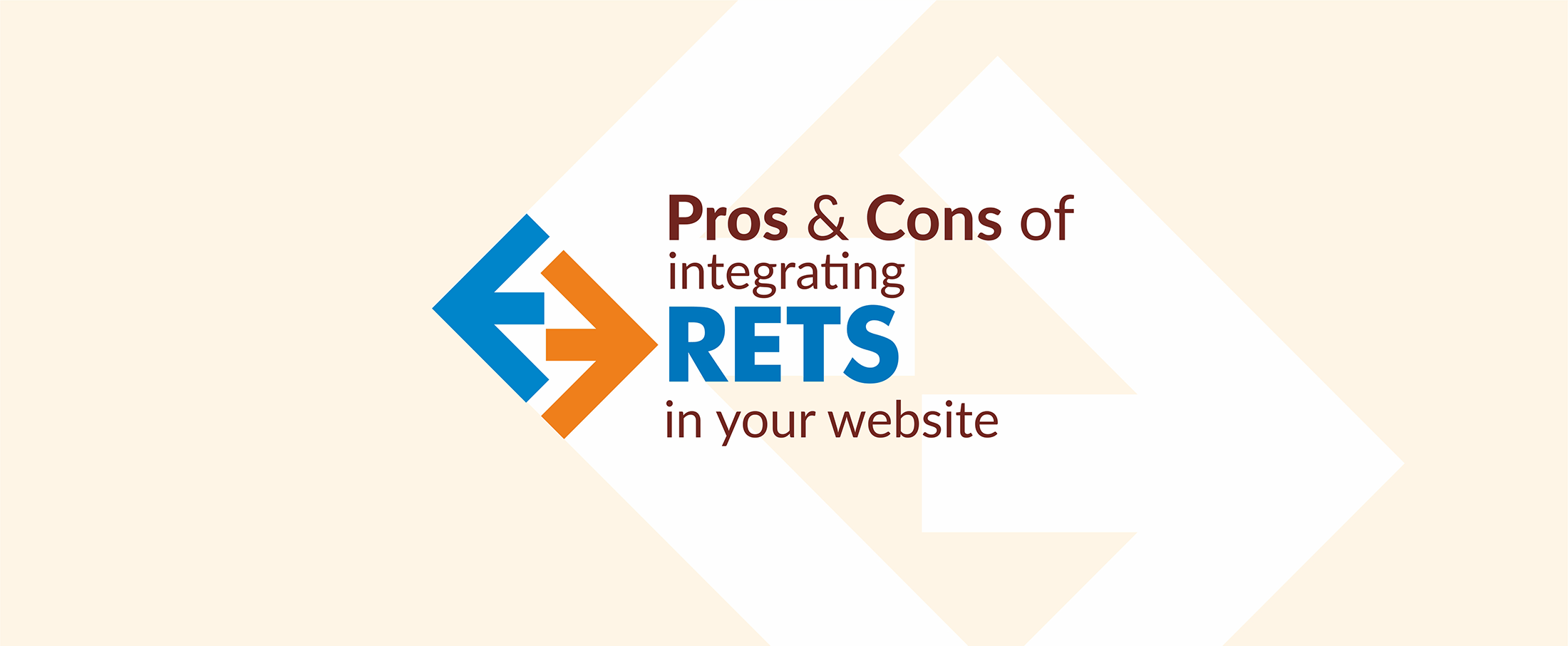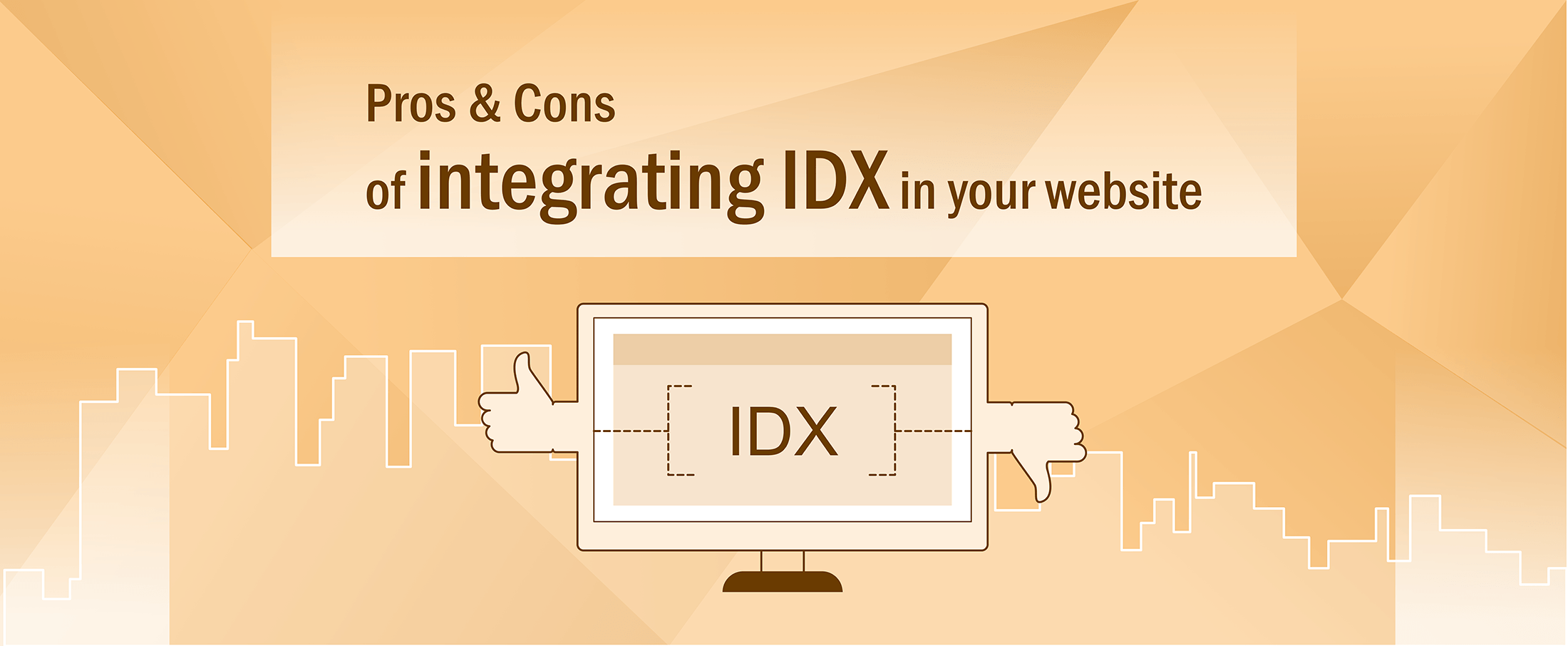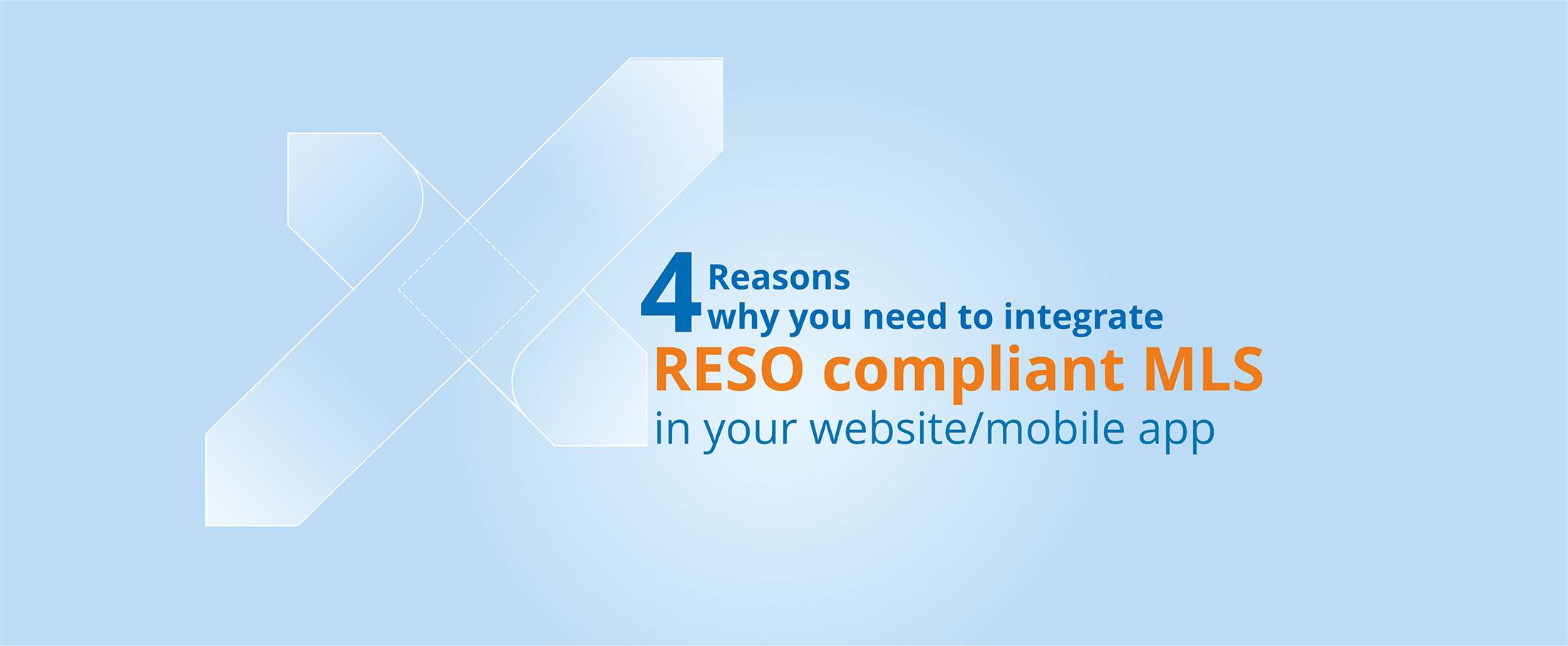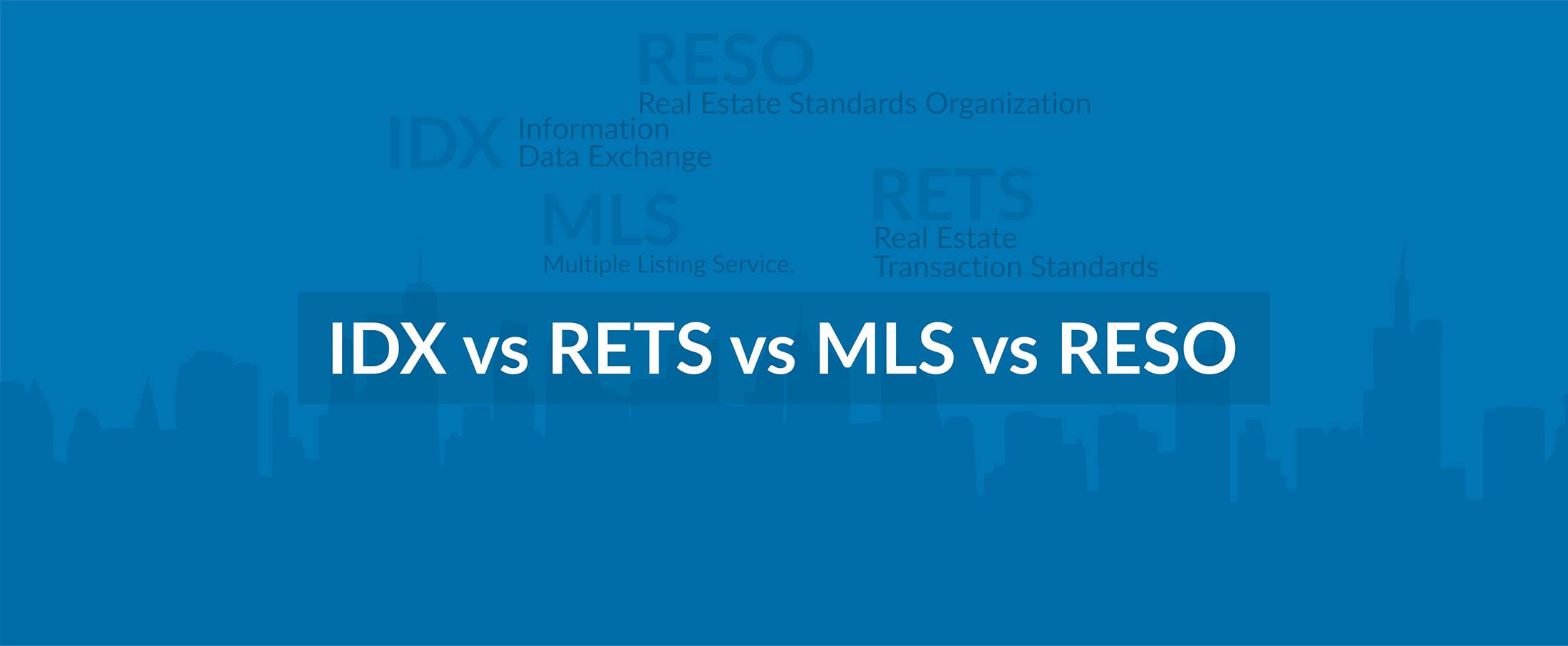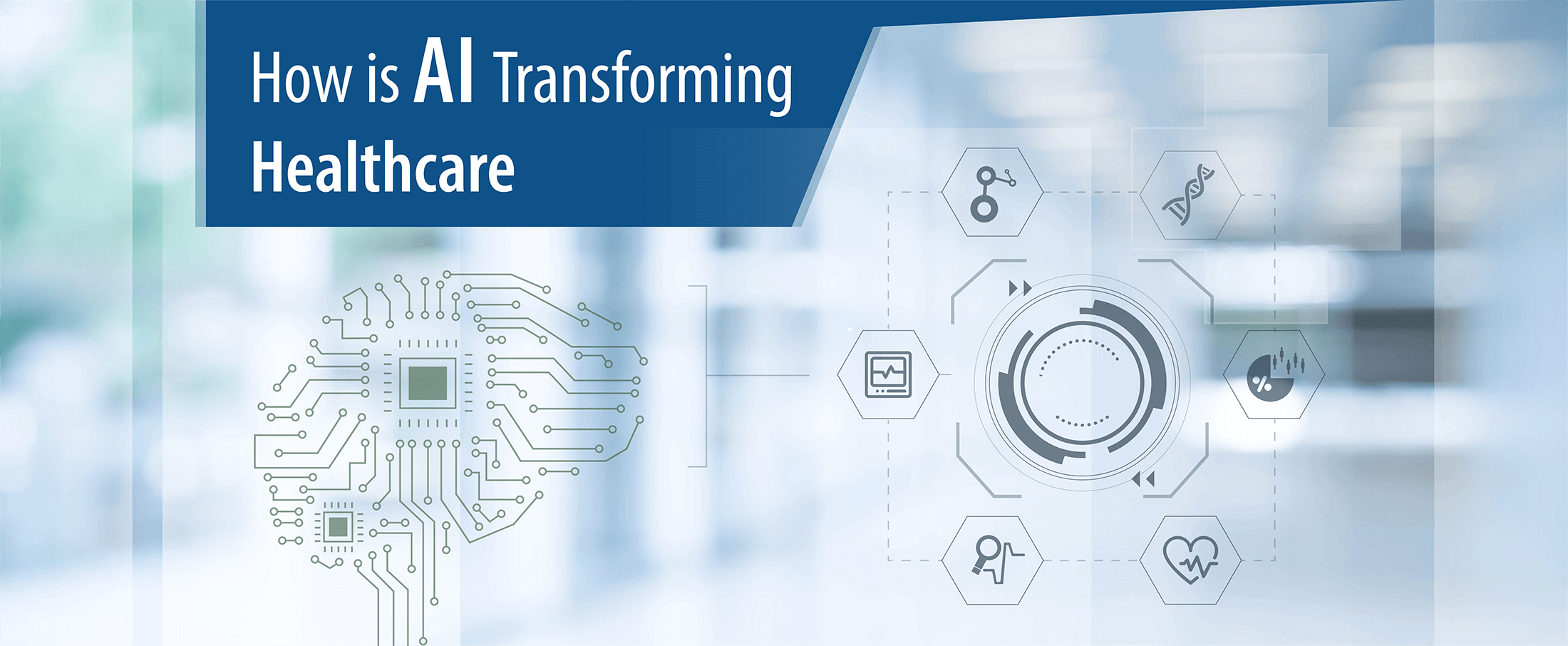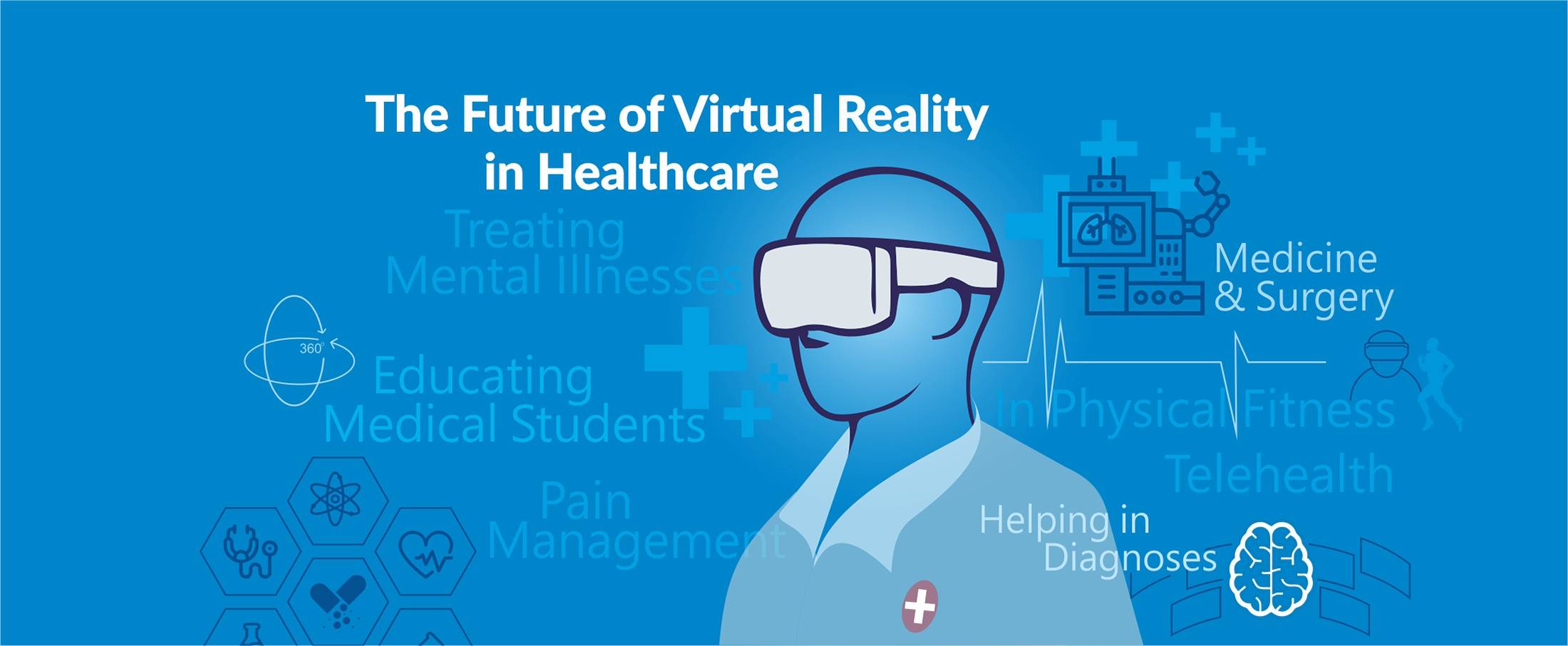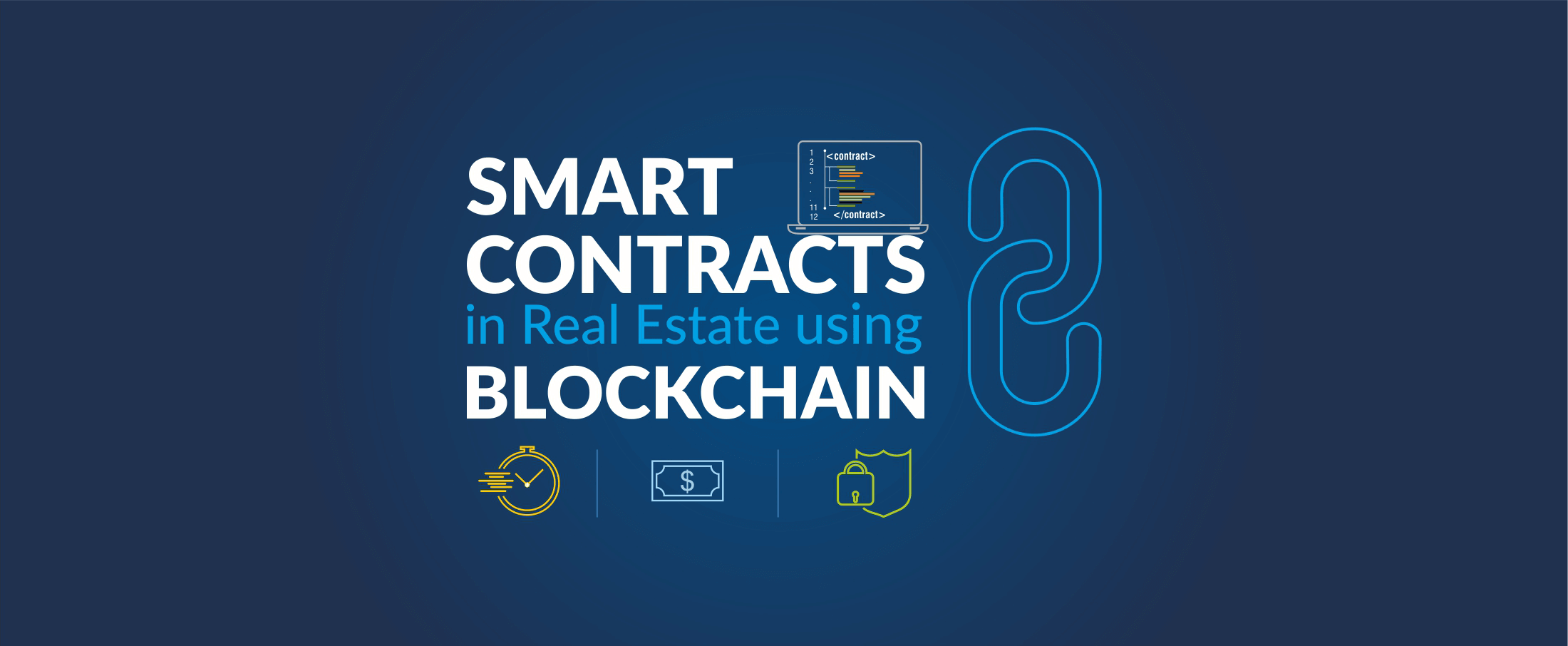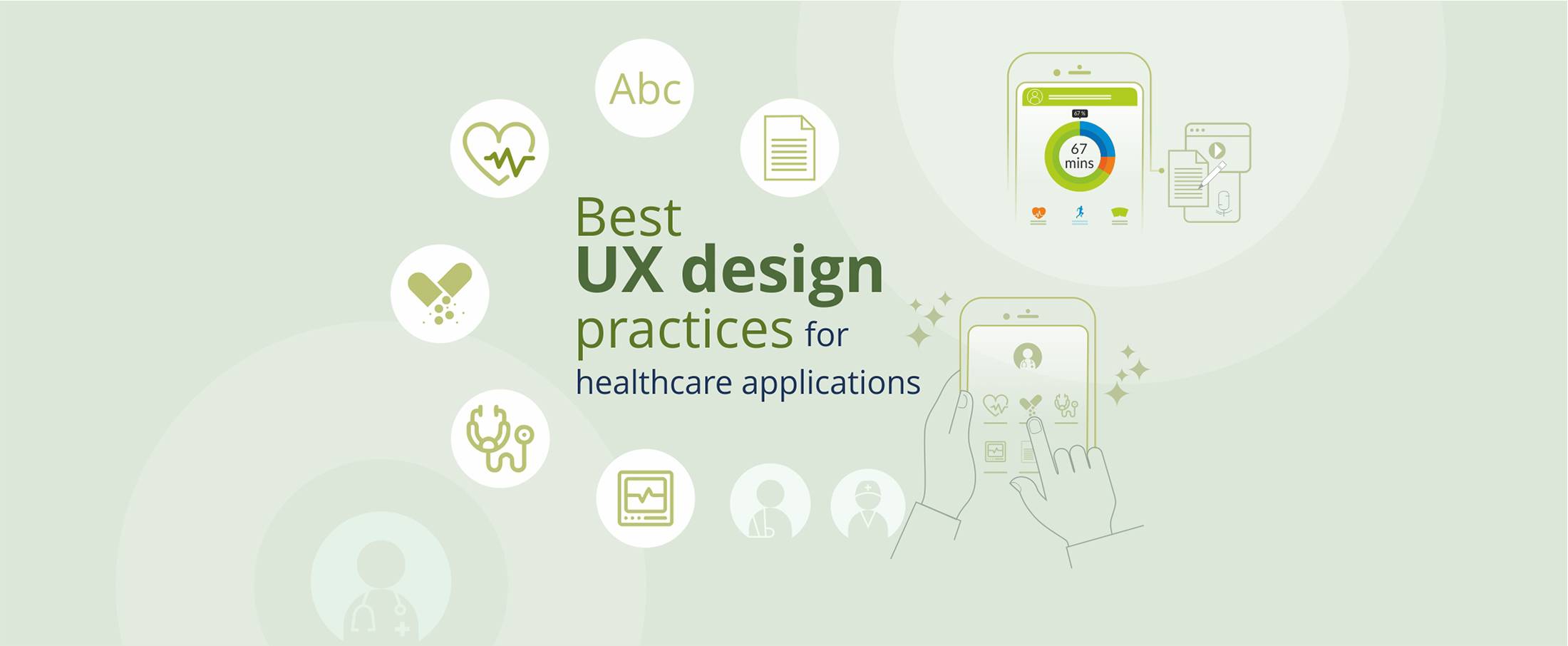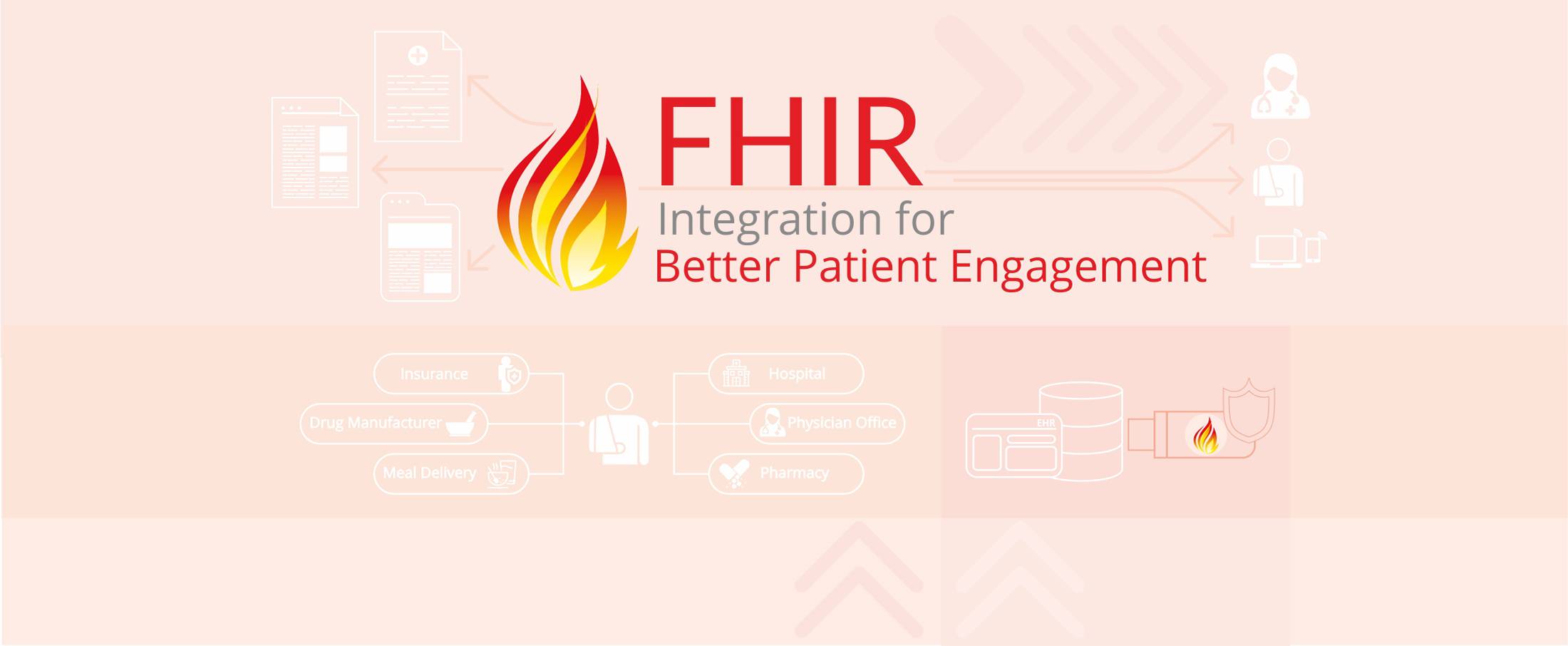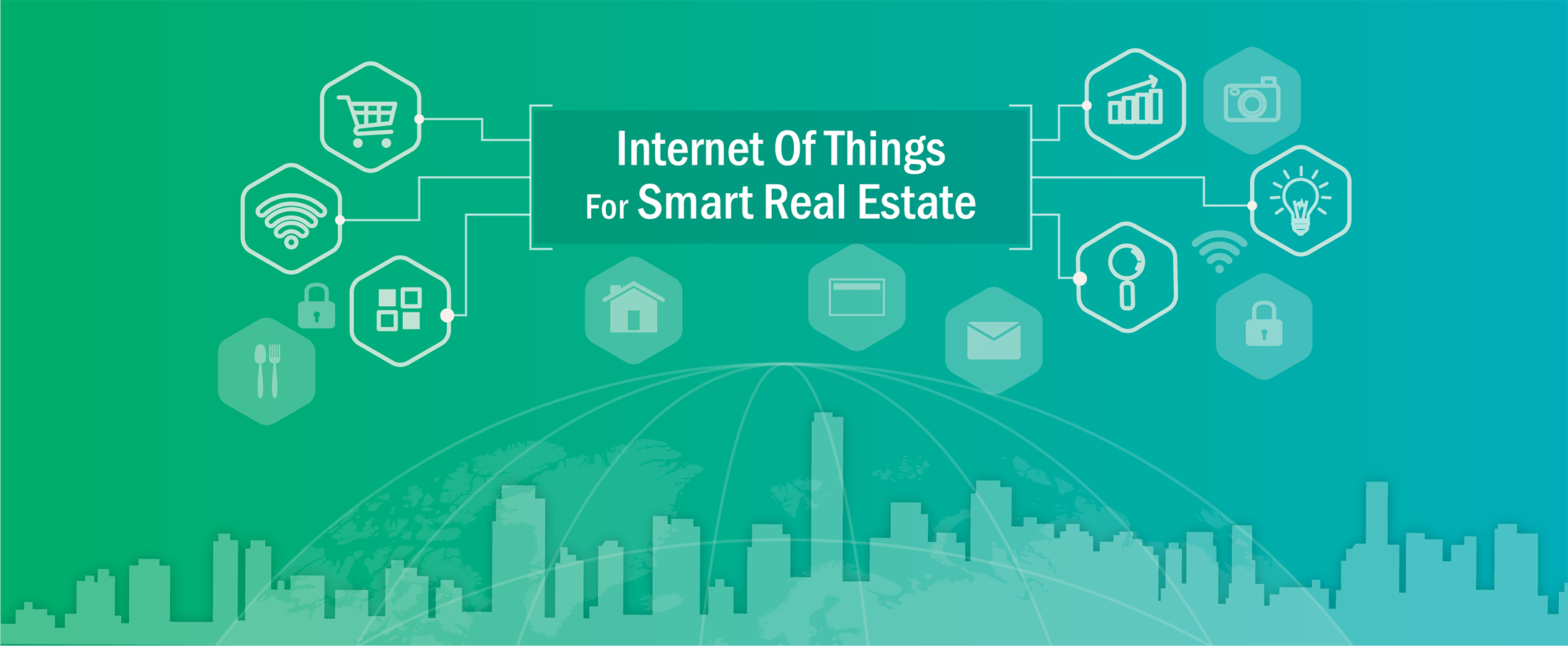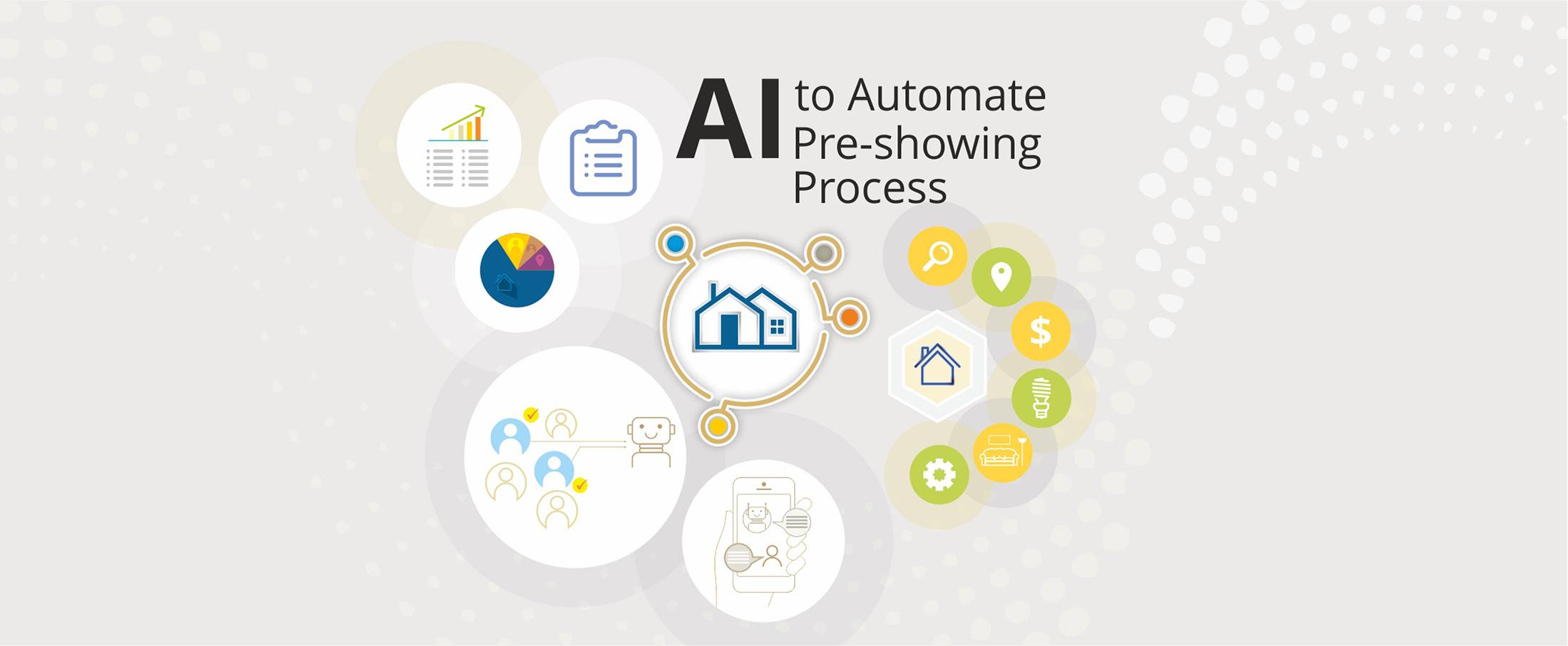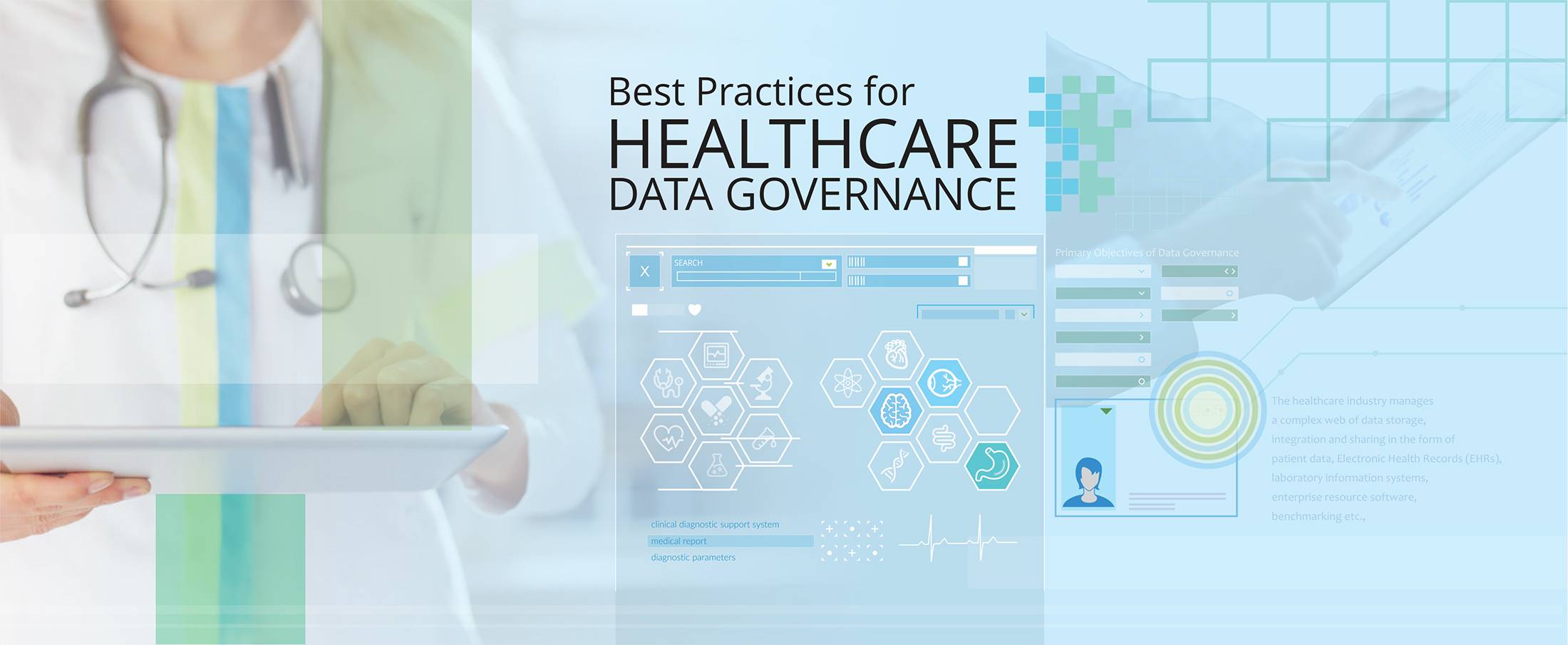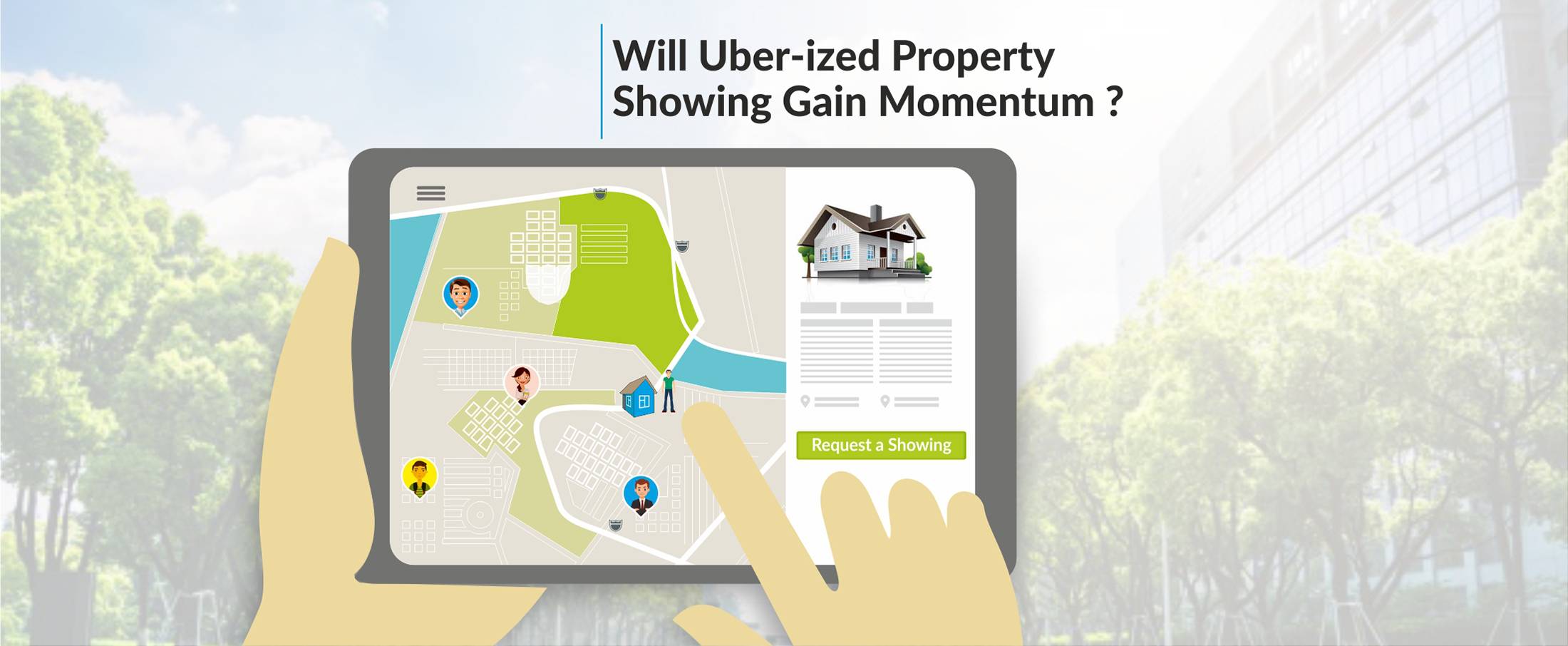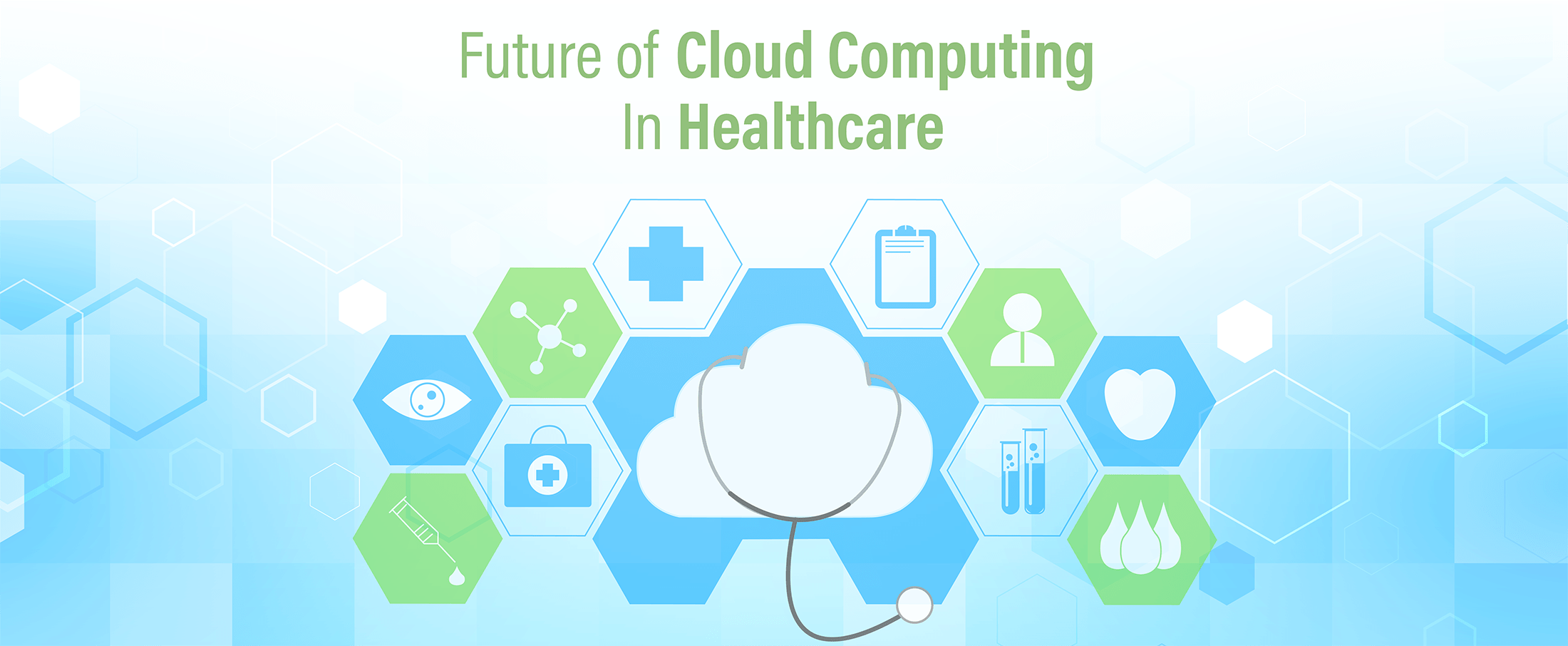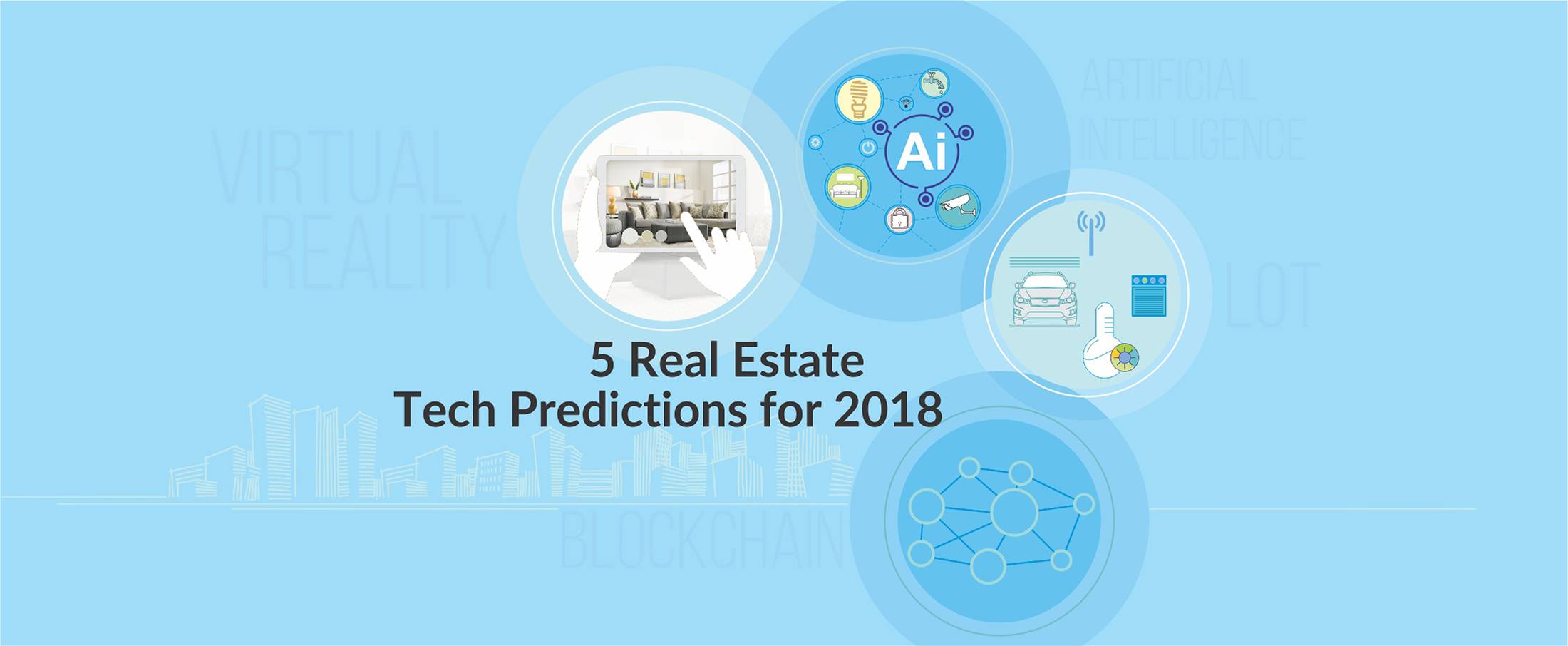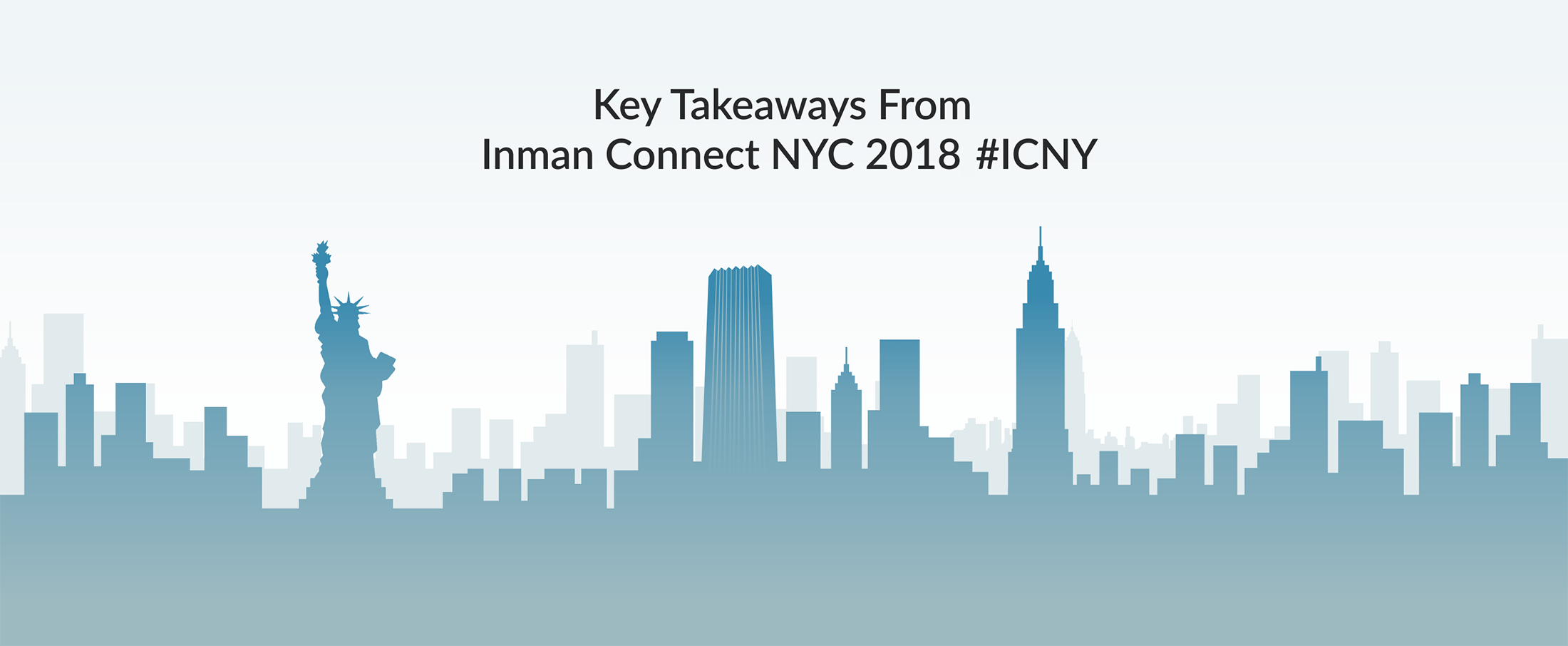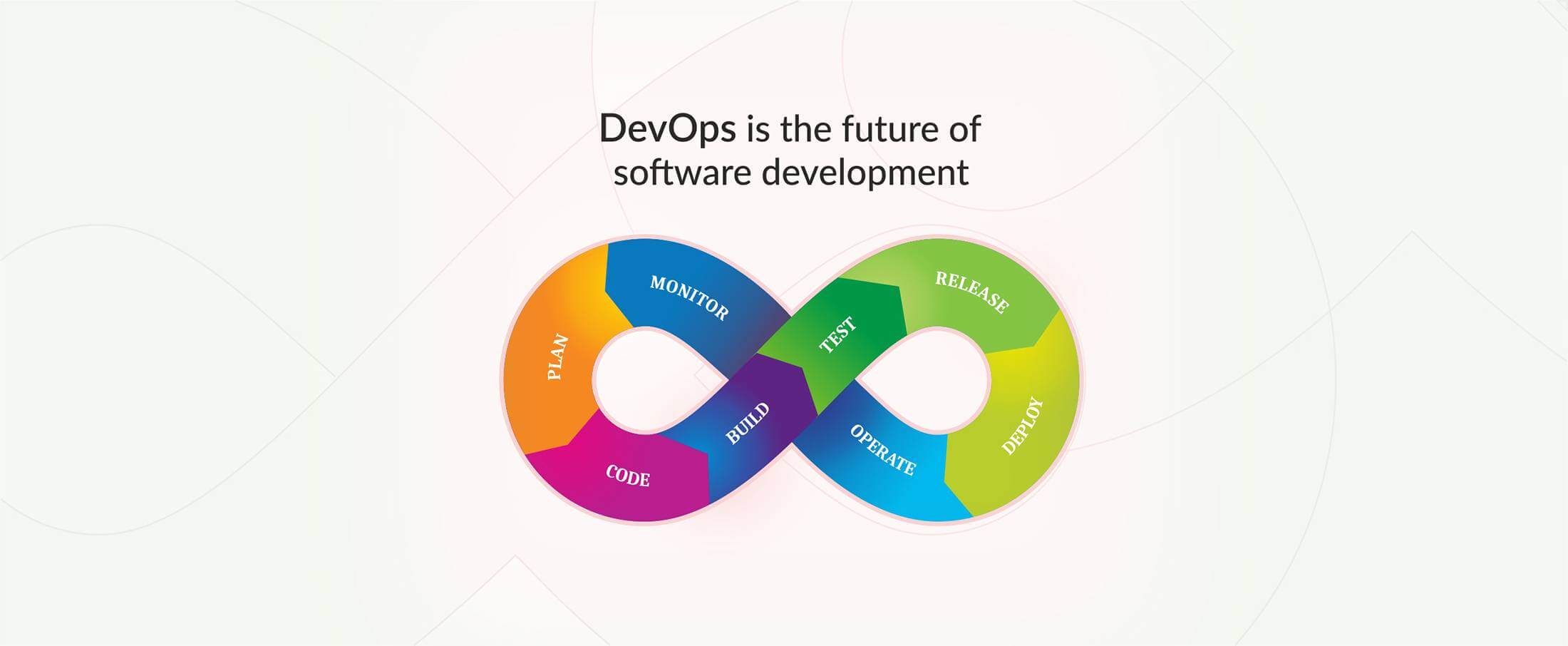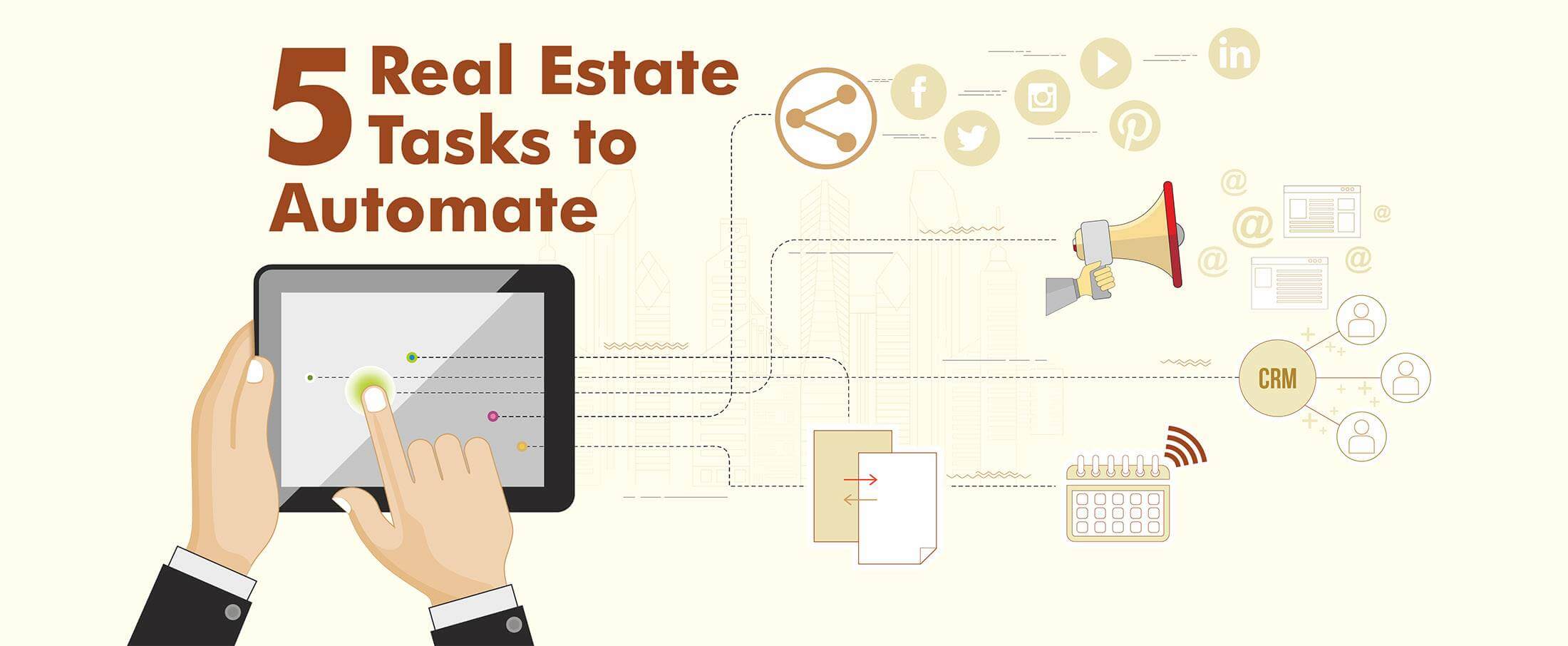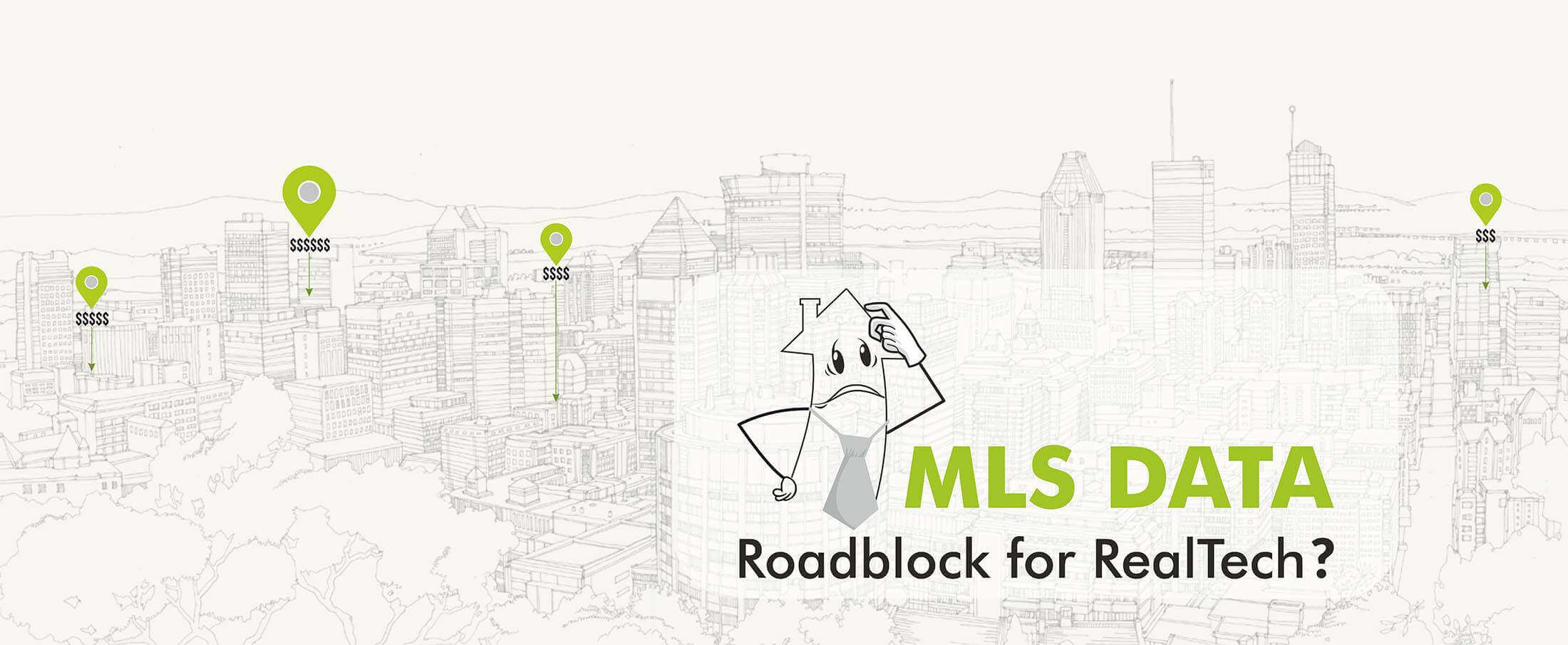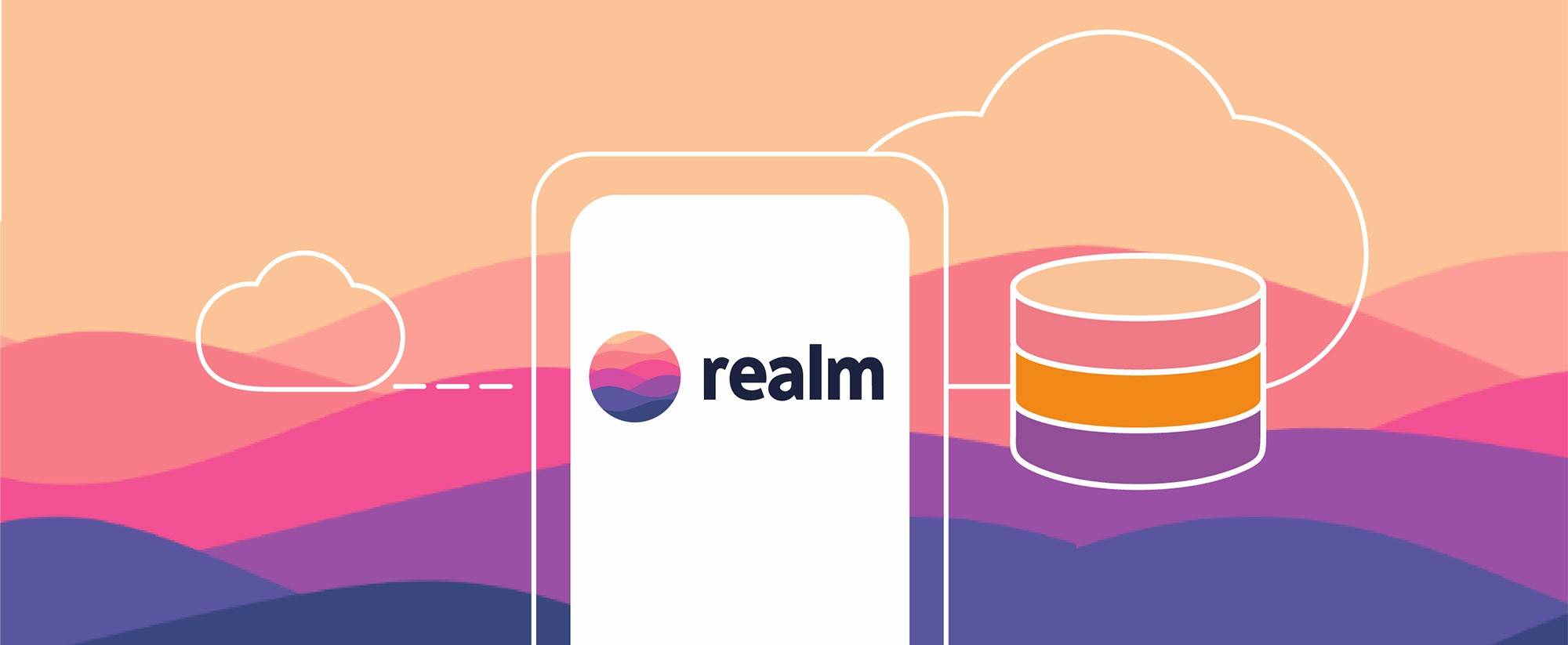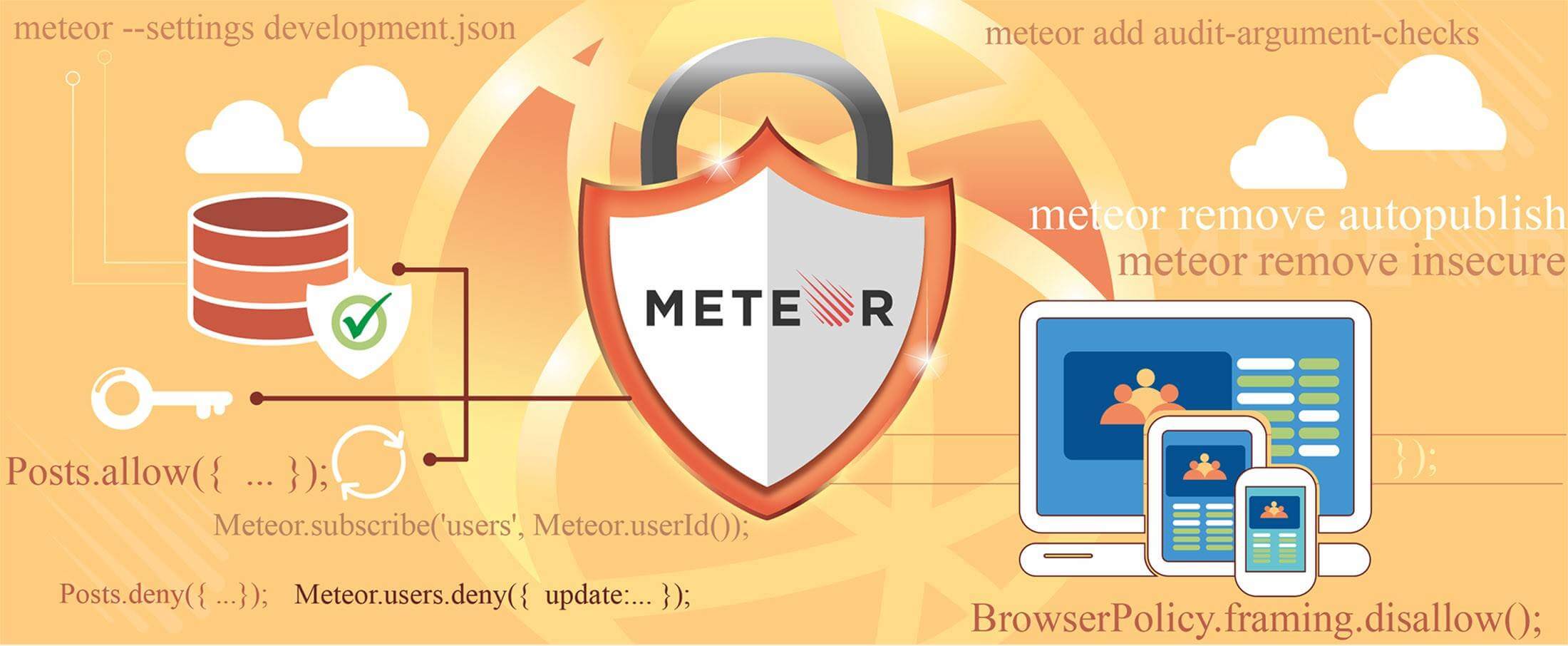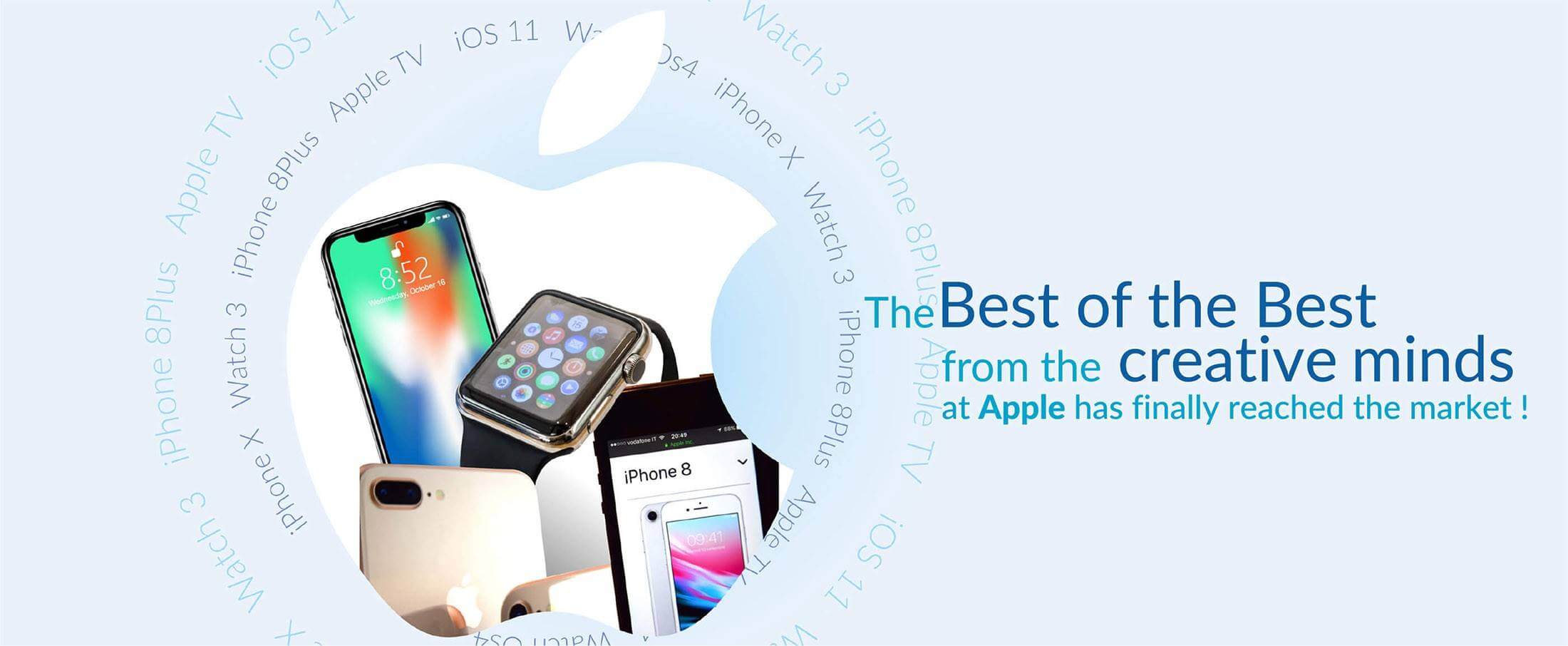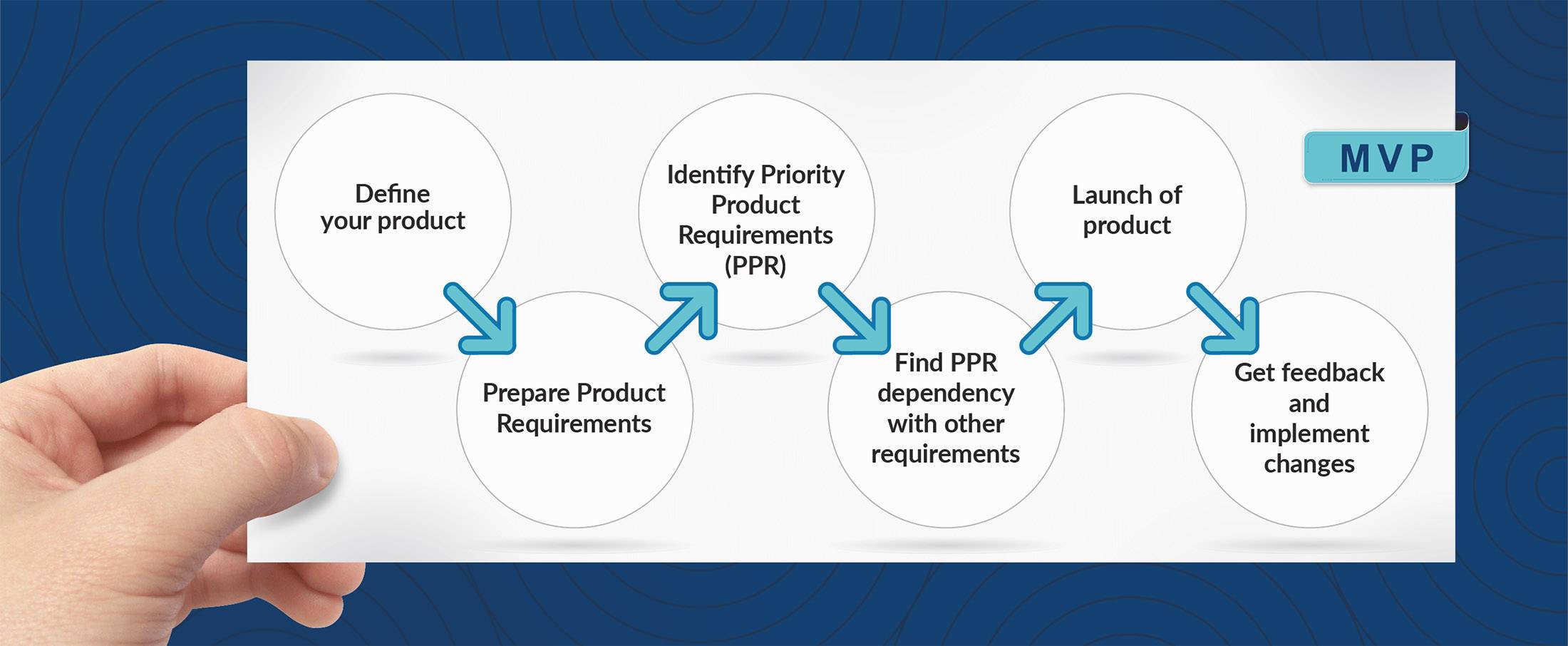Uberization of Healthcare
Uberization of Healthcare
Currently, each and every state in the USA is facing a shortage of medical professionals. With the baby boomer generation entering the age of retirement and chronic ailments affecting an increasing number of people, there is a vast discrepancy between the demand and supply of doctors and this gap is predicted to increase exponentially in the near future. According to the current statistics, the physician shortage in the US is expected to be between 61,700 and 94,700 physicians by the year 2025.
Virtualization as a solution
Given the alarming forecast of the shortage of medical professionals, a lot of people across various segments of the society are trying to bring about changes to tighten the ship and optimize the healthcare services that are currently available. Though, the sad truth is that there has not been much change in the situation. In California, the problem is so acute that 16 out of the 58 counties have insufficient physicians. Senator Ed Hernandez proposed a bill in the year 2013 which would allow NPs to provide primary healthcare services without the supervision of actual physicians, but it failed to make it even out of the committee. A new idea that is currently gaining momentum as a long-term solution to the shortage of trained medical practitioners is virtualization and Uberization of Healthcare!
What is Uberization of Healthcare?
Just like how the concept of the Uber App revolutionized the taxi industry, the Uberization of Healthcare, when properly leveraged, can revolutionize the healthcare industry and provide improved and convenient healthcare services to patients regardless of where they are located. Uberization of Healthcare is a situation where the healthcare professional is able to reach out to the patient as and when required, using the power of technology and the internet. The concept of Uberization of Healthcare is very straightforward; with the use of smartphones, the internet, mobile apps and GPS, patients will be able to contact medical professionals as per their convenience. The medical professionals can provide remote treatment or emergency services, if the need arises, without the patients having to step out of their homes.
Why is Uberization of Healthcare significant?
Currently, one cannot contact a physician immediately unless it is through the ER (which is obviously too expensive). People have to wait for at least a day or two (or more depending on where you live) just to see a doctor. Additionally, given the shortage, there is an average of 3000 patient visits per doctor per year. All these statistics add up to a sub-optimal availability of healthcare services for the patients and a heavy load on the available GPs. The concept of Uberization of Healthcare can ease the load on the doctors and improve the availability of healthcare for the patients in a number of ways:
Improved access to medical professionals
In the present times, termed the era of the internet, the most common way in which we access products and services is online. So, why shouldn’t we access healthcare services that way? The Uberization of Healthcare facilitates that. There already are pilot projects like the Boston-based Ask Me, which allows for doctor visits through video-conferencing. This concept is very much uber-like; you log in a request through the app, which has a group of doctors of different specializations and the first doctor to respond gets the visit, via video call. Additionally, the payment is made online and without the involvement of your insurance provider. This way patients and doctors can avoid days of waiting and crowded waiting rooms, respectively. The consultation is almost instantaneous, and it doesn’t matter where the patient and doctor are located. Finally, this solution is very simple, and it doesn’t require expensive technology or infrastructure because everyone has access to a smart device and internet connection these days.
Virtual healthcare manager
Another useful application of mobile apps for healthcare management is as a virtual healthcare manager. This not only simplifies things for the patient and the doctor, but it also eliminates the possibility of human error and eliminates having to wait for hours on the phone, just to get an appointment. In this scenario, if a patient gets sick, all he/she has to do is to open the app on the smartphone and place a request. All the programming is in place for the patient to be added to the doctor’s schedule along with both the doctor and the patient getting notified with the details of the appointment. This totally removes the need for a person to just sit and answer the phone for appointments.
Mobile healthcare
The last few decades have seen a substantial increase in the number of people with chronic diseases requiring medical assistance. Leveraging the innovation and incredible development in AI and Machine Learning technologies, we can create a system where a healthcare provider can remotely diagnose a patient’s condition, provide them with a medically approved treatment plan, monitoring or follow up or dispatch a “healthcare extender” with portable diagnostic equipment and pharmacy in case of emergencies. This will not only optimize emergency medical services but also increase the convenience of availing medical services for older, non-mobile patients.
Parting Thoughts
With technology being integrated into healthcare at a rapid pace, its Uberization is offering tremendous benefits for patients as well as doctors. In the coming years, this trend is set to disrupt the healthcare industry as we know it and realign it completely as a more efficient system.
- Healthcare
- mHealth
- Uberization
- Virtual Health
Mobifilia
26 September 2019
